Email all papers for the course to me at [email protected].
Post Your DQs and BIG WORDS BOTH on Canvas AND on this google document.
Please scroll down this page to see the relevant links in the left and right columns.
And every close did meet
In sentence of as subtle feet,
--Ben Jonson, "My Picture Left in Scotland"
The views expressed by Richard Burt in interviews and commentaries on the films and readings in this class may or may not reflect the views of Professor Richard Burt, Ph.D.
Spring 2023
LIT 4390
Section 1RB2 #13717
From Close Reading to
Closed Reading
M, W, F Period 3
MAT 0004
Email all papers for the course to me at [email protected].
Post Your DQs and BIG WORDS BOTH on Canvas AND on this google document.
I don't do trigger warnings. I love literature for many reasons, two of them being that it is anti-authoritarian and intellectual.

Or insenstitive material too
Continue?
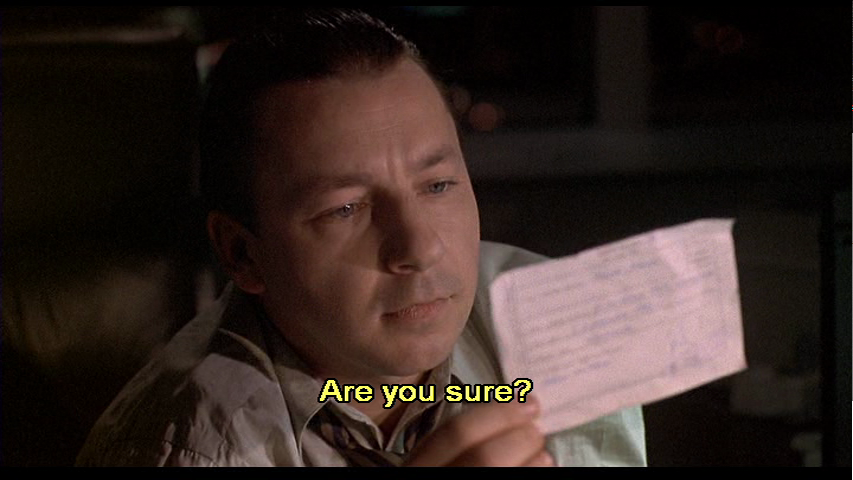
Post Your DQs and BIG WORDS BOTH on Canvas AND on this google document.
Class Schedule
Co-Leading Class
Course Requirements
Due the Day Before Each Class by 5:00 p.m.:
A. Two Discussion Questions
and
B. Three BIG WORDS
FIRST PAPER
DUE Saturday, January 28, by 11:59 p.m.
Email all papers for the course to me at [email protected]
SECOND PAPER
DUE Saturday, March 5, by 11:59 p.m.
Email all papers for the course to me at [email protected].
THIRD PAPER
DUE Saturday, April 13, by 11:59 p.m
Email all papers for the course to me at [email protected].
Attendance
Course Policies
|
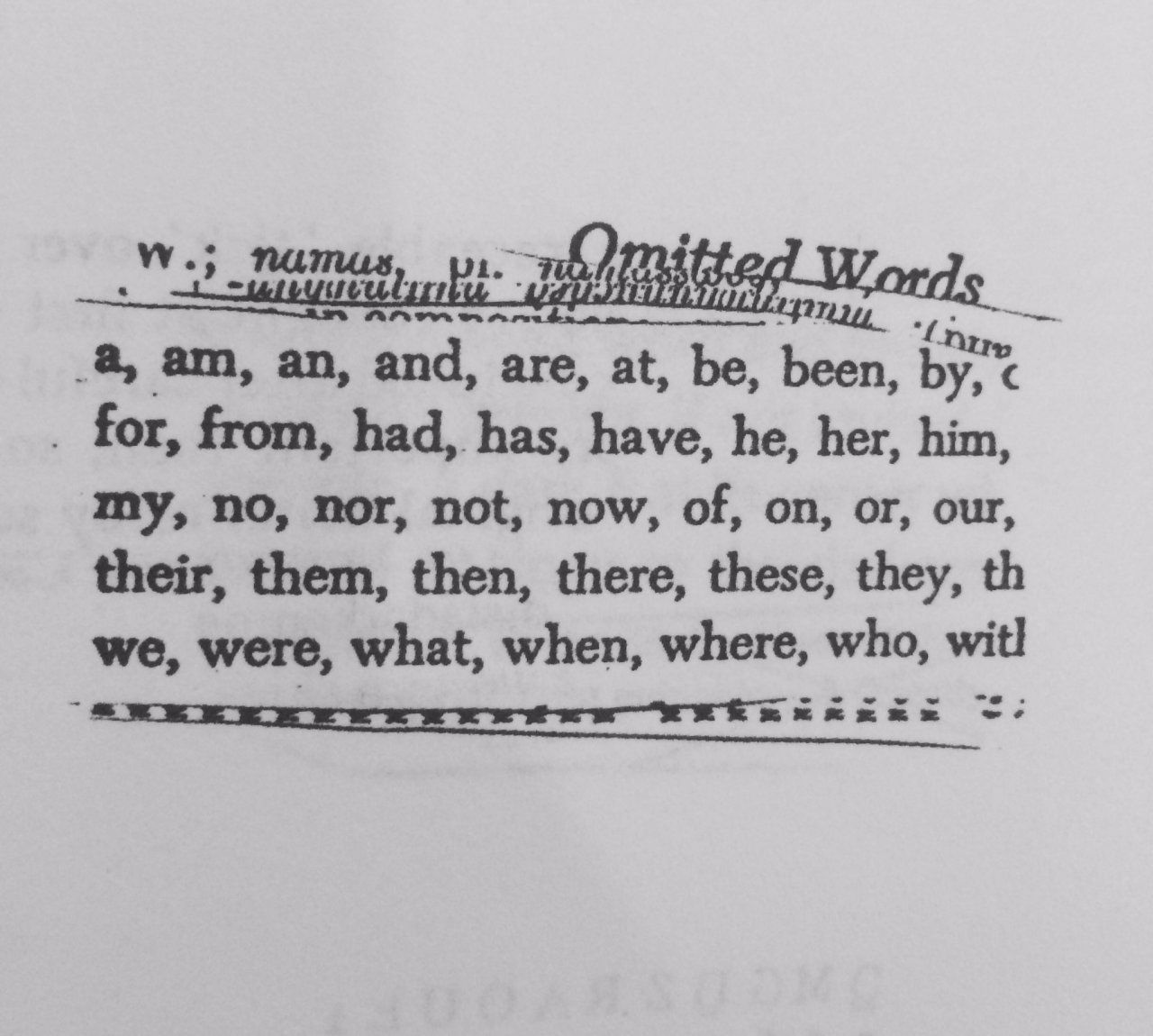
Professor Richard Burt
Office: 4314 Turlington Hall
Office Hours:
M, W, F, 11:20-1:00
and by appointment
The current version of this website is the binding one.
Please email me only to send me class assignments. Otherwise, please talk to me in person after (not before) class or during office hours. However, if you do feel you need to contact me immediately, email me at [email protected]
Ignition
Burt Syllabi
"The usefulness of useless knowledge"
--Abraham Flexneron 9/30/1939
Burt Syllabi
For all UF policies on student conduct and resources, please scroll down this page. |
Live Grading
Course Description
Paper Guidelines
Slow Motion Reading
Jeannie Suk Gersen, "What if Trigger Warnings Don’t Work?" September 28, 2021
"It would be easy to give up."
--Sir András Schiff - Live at Wigmore Hall
Saying the Right Thing?
Adam Phillips, "On Giving Up," Vol. 44 No. 1 · 6 January 2022
Max Weber on bureaucracy
Michael Ullyot reads poems in Open Book
UF Class Period Times |
Nothing Below is Required for this Course. You Are Free to Stop Reading Here and Now.
Becoming a "better" reader will not make you a better person. Reading closely is about a desire to understand and appreciate the work. It is not about getting "the most" out of your experience.
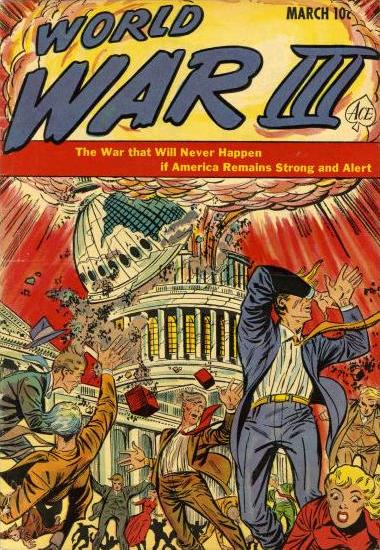

World War III #1: 1952 War Comic
Atomic War Issue #1 (Ace Comics) 1952
UNE VIE, UNE ŒUVRE (FRANCE CULTURE)
Blow Up, l'actualité du cinéma (ou presque) - ARTE
Ingmar Bergman en musiques - Blow Up - ARTE
The Holberg Lecture 2016: Stephen Greenblatt: "Shakespeare's Life-making"
Popular Instagram A I Fraud (2023)
How They RIGGED It All: A Corporate Law Professor Explains (w/ Jon Hanson) 2023
Jeffery Sachs | We WILL NEVER KNOW PEACE AGAIN (2023)
"This Film Does Not Exist" NY TIMES JANUARY 13, 2023 On Jodorowski's plans for Tron and A.I. imaging of film.
Go, Dog. Go! (1961)
In Vermont, a School and Artist Fight Over Murals of Slavery (2023)
Microscript: Joel Warner THE CURSE OF THE MARQUIS DE SADE: A Notorious Scoundrel, a Mythical Manuscript, and the Biggest Scandal in Literary History (2023)
Sade. Marquis de l'ombre, prince des Lumières: L'éventail des libertinages (2014)
“She Showed a Prophet’s Image, and Divided a College Campus” (front page, Jan. 8, 2023) And she got fired.
Vincent Lloyd, "A Black Professor Trapped in Anti-Racist Hell"
Adolph Reed Jr. / September 22, 2020 TV Race Fables and the Privilege of a Raging Class
Adolph Reed Jr., The Perils of Race Reductionism
Ed. Walter Benn Michaels and Adolph Reed, Jr. and with a foreword by Anton Jäger & Daniel Zamora No Politics but Class Politics. (2023)
Why you should absolutely be for free speech. Srsly.
The Reaction to the Harper's Letter on Cancel Culture Proves Why It Was Necessary I was one of the 153 signers and am a veteran of the Twitter wars. But even I was taken aback by the swift, virulent response. 2020
Caitlin Flanagan, America’s Fire Sale: Get Some Free Speech While You Can Freedom of expression isn’t the tool of the powerful; it’s the tool of the powerless. (2023)
'Mighty Ira' Documentary Trailer
Ira Glasser, Free Speech and the ACLU
‘This Is How Censorship Happens’ (2023)
How vague laws and heightened fears are creating a repressive climate on campus.
Society for Psychical Research
Yes, DEI Can Erode Academic Freedom. Let’s Not Pretend Otherwise.
We should admit that inclusion and other values are sometimes in tension.
Joan W. Scott, "Blasphemy Is Not a DEI Issue" The Hamline case does not illustrate a tension between diversity and academic freedom. January 17, 2023
Joan W. Scott, Academic Freedom Has Always Been Dirty. That’s a Good Thing.
When DEI Measures Crush Free Speech 24 January 2023
The 1619 Project Forum
Annette Gordon-Reed, Rose Stremlau, Malinda Lowery, Julie L. Reed, Joanne Barker, Daniel Sharfstein, Daryl Michael Scott, Karin Wulf, Sandra E. Greene, James H. Sweet ...Show moreThe American Historical Review, Volume 127, Issue 4, December 2022 1792–1873, https://doi.org/10.1093/ahr/rhac462
The New Censorship on Campus
By Jeffrey Herbst and Geoffrey R. Stone JUNE 5, 2017
https://harpers.org Russell Jacoby, "A Climate of Fear: The Free Speech Skeptics Abandon Salman Rushdie," March 2023, 55-57.


Jonathan Rauch, "Words Aren't Violence" NYT 1993
UF Protest Sign:
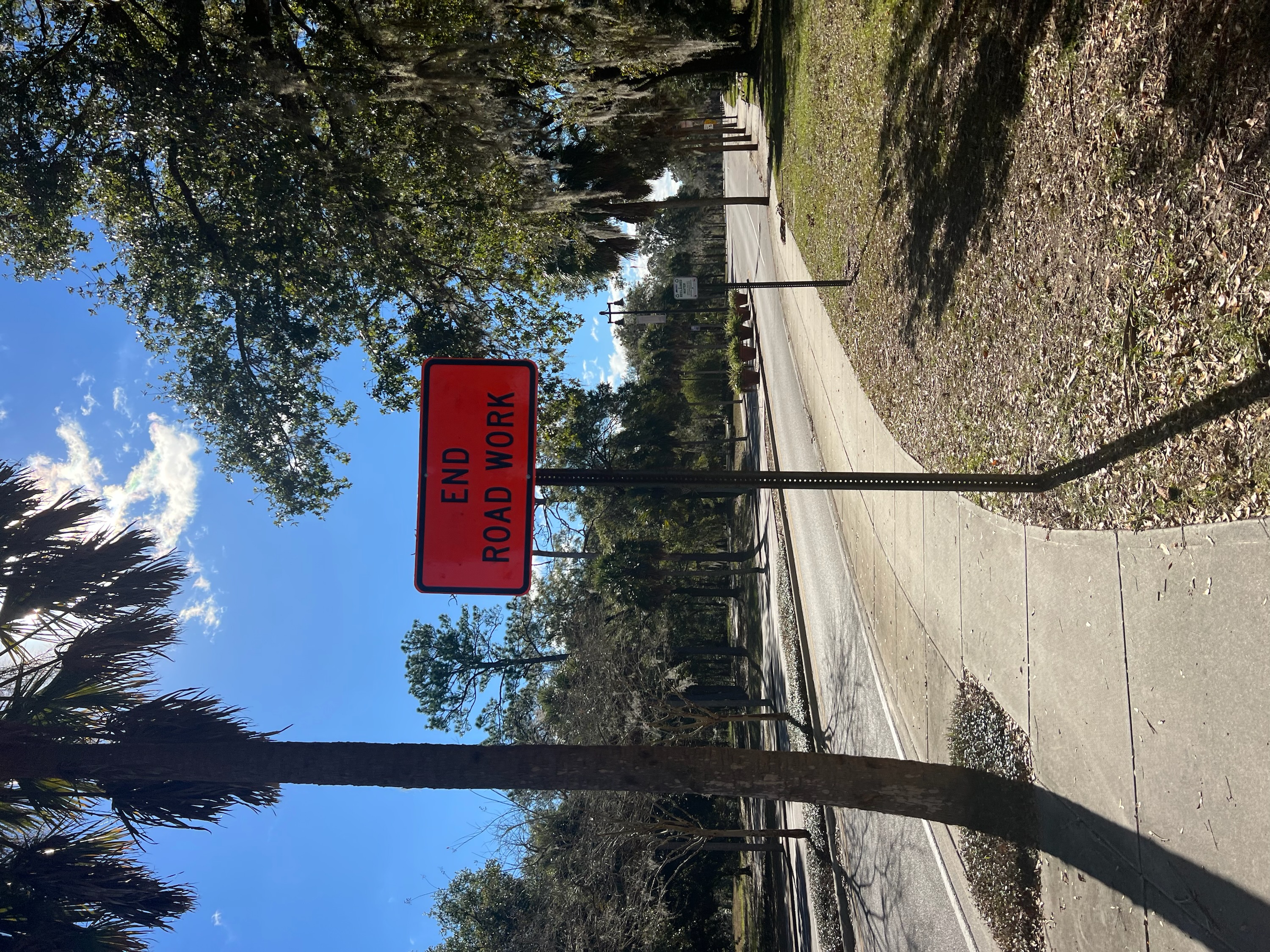
Kapitel1 - Josefine Mutzenbacher
Mutzenbacher | Berlinale Meets... Ruth Beckermann | Berlinale 2022
Pointing the Moral Index Finger: Ruth Beckermann on Mutzenbacher
Peter Hall - Pauses are as important as the lines (28/40)
Vienna and Schubert: 'Death and the Maiden' String Quartet - Professor Chris Hogwood CBE
"The greatest pieces of music are called classics simply because at a first hearing--that is terribly...very complicated to work out what's going on or even more complicated to explain to yourself why it's going on--even to hear it has to be heard several times. Probably after first hearing, immediately go back and hear it again, and on repeated hearings repeated things come to light."
--Christopher Hogwood

Repetition is key to learning.
To learn how to understand a piece of music, a philosopher said, you have to hear it twice.
A conductor of baroque music said you have to listen to repeated hearings before you understand it.
"How full of meaning and significance the language of music is we see from the repetition of signs, as well as from the Da capo which would be intolerable in the case of works composed in the language of words. In music, however, they are very appropriate and beneficial; for to comprehend it fully, we must hear it twice."
--Arthur Schopenhauer, "On the Metaphysics of Music"
Remember. Don't make a faux pas.
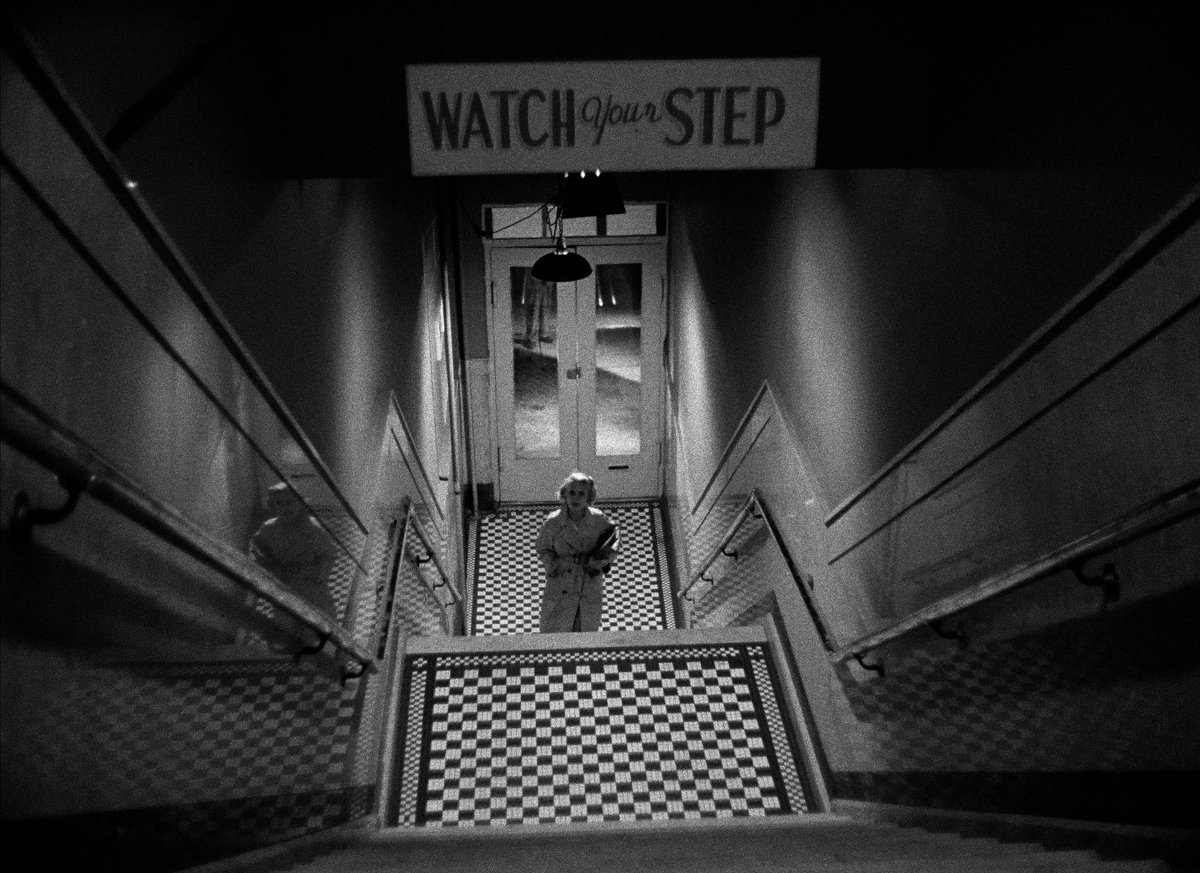
All recommended readings are optional.
"We can’t imagine what’s next, except that it will surely involve more make-work for more administrators, whose proliferation has driven much of the rise in college tuition and student debt. For 16,937 students, Stanford lists 2,288 faculty and 15,750 administrative staff."
--"The Stanford Guide to Acceptable Words
Behold the school’s Elimination of Harmful Language Initiative."
By The Editorial Board
Dec. 19, 2022
- Félix Fénéon, Petit Bottin des lettres et des arts (1886)
THE PERSON VS. THE ARTIST
Jordan Wolfson / JORDAN WOLFSON / Artist Talk: Jordan Wolfson & Simon Denny
Guy J. Williams, "Harkness Learning: Principles of a Radical American Pedagogy"
Harkness table
Apps and Oranges: Behind Apple’s ‘Bullying’ on Trademarks

The Cubies’ ABC (1913)
Dan Baum, "Legalize It All: How to Win the War on Drugs"
Harper's April 2016
"WALKING AMONG THE UNIVERSITY’S RUINS" 3.8.2022
Stefan Collini, "Exaggerated Ambitions" Vol. 44 No. 23 · 1 December 2022
1818 / 1819 (1e quart du XIXe siècle)
"Don't join the book burners. Don't think you are going to conceal faults by concealing evidence that they ever existed. Don't be afraid to go in your library and read every book, as long as that document does not offend our own ideas of decency. That should be the only censorship.
How will we defeat communism unless we know what it is, and what it teaches, and why does it have such an appeal for men, why are so many people swearing allegiance to it? It is almost a religion, albeit one of the nether regions.
And we have got to fight it with something better, not try to conceal the thinking of our own people. They are part of America. And even if they think ideas that are contrary to ours, their right to say them, their right to record them, and their right to have them at places where they are accessible to others is unquestioned, or it isn't America."
Dwight D. Eisenhower, 34th President of the United States: 1953 ‐ 1961 "Remarks at the Dartmouth College Commencement Exercises, Hanover, New Hampshire." June 14, 1953
"I am sorry for the boy or girl, or man or woman, who has never been touched by the spell of this mysterious sensorial life, with its irrationality, if so you like to call it, but its vigilance and its supreme felicity. The holidays of life are its most vitally significant portions, because they are, or at least should be, covered with just this kind of magically irresponsible spell.
And now what is the result of all these considerations and quotations? It is negative in one sense, but positive in another. It absolutely forbids us to be forward in pronouncing on the meaninglessness of forms of existence other than our own; and it commands us to tolerate, respect, and indulge those whom we see harmlessly interested and happy in their own ways, however unintelligible these may be to us. Hands off: neither the whole of truth nor the whole of good is revealed to any single observer, although each observer gains a partial superiority of insight from the peculiar position in which he stands. Even prisons and sick-rooms have their special revelations. It is enough to ask of each of us that he should be faithful to his own opportunities and make the most of his own blessings, without presuming to regulate the rest of the vast field."
On a Certain Blindness in Human Beings
--William James
Disruptive Behavior:
"Perhaps I may give you a more vivid picture of repression and of its necessary relation to resistance, by a rough analogy derived from our actual situation at the present moment. Let us suppose that in this lecture-room and among this audience, whose exemplary quiet and attentiveness I cannot sufficiently commend, there is nevertheless someone who is causing a disturbance and whose ill-mannered laughter, chattering and shuffling with his feet are distracting my attention from my task. I have to announce that I cannot proceed with my lecture; and thereupon three or four of you who are strong men stand up and, after a short struggle, put the interrupter outside the door. So now he is ‘repressed’, and I can continue my lecture. But in order that the interruption shall not be repeated, in case the individual who has been expelled should try to enter the room once more, the gentlemen who have put my will into effect place their chairs up against the door and thus establish a ‘resistance’ after the repression has been accomplished. If you will now translate the two localities concerned into psychical terms as the ‘conscious’ and the ‘unconscious’, you will have before you a fairly good picture of the process of repression. . . . At first sight it really seems impossible to trace a path from repression to the formation of symptoms. Instead of giving a complicated theoretical account, I will return here to the analogy which I employed earlier for my explanation of repression. If you come to think of it, the removal of the interrupter and the posting of the guardians at the door may not mean the end of the story. It may very well be that the individual who has been expelled, and who has now become embittered and reckless, will cause us further trouble. It is true that he is no longer among us; we are free from his presence, from his insulting laughter and his sotto voce comments. But in some respects, nevertheless, the repression has been unsuccessful; for now he is making an intolerable exhibition of himself outside the room, and his shouting and banging on the door with his fists interfere with my lecture even more than his bad behaviour did before. In these circumstances we could not fail to be delighted if our respected president, Dr. Stanley Hall, should be willing to assume the role of mediator and peacemaker. He would have a talk with the unruly person outside and would then come to us with a request that he should be re-admitted after all: he himself would guarantee that the man would now behave better. On Dr. Hall’s authority we decide to lift the repression, and peace and quiet are restored. This presents what is really no bad picture of the physician’s task in the psycho-analytic treatment of the neuroses."
Sigmund Freud, Five Lectures on Psycho-Analysis
Peter N. Stearns, A ‘Crisis’ of Student Anxiety? SEPTEMBER 1, 2022
Discussion questions are due every Monday and every Wednesday by 8:00 p.m.
A Flock Of Seagulls - Space Age Love Song (With the Prague Philharmonic Orchestra)
A Flock Of Seagulls - Space Age Love Song (Official Music Video)
Carlo Ginzburg, Clues
Writing as a Drug
Medium Cool (1969) opening title sequence
Criterion Three Reasons: Medium Cool
Riotsville, USA (2022)
cant-hear-what-actors-are-saying-on-tv?-it's-not-you-probably-
TV Shows Are Too Dark! Here’s How to Fix That.
To better understand why TV shows are so dark, we compared them across a range of TVs
Kenny Wassus, Nov 23, 2022
Garber, Marjorie B., The Use and Abuse of Literature (2011)
John Guillory, Professing Literature (2023)
Recommended:
Nightcrawler (dir. Dan Gilroy, 2014)
The last shot of Medium Cool is taken from the end of first shot of Jean-Luc Godard’s Contempt:
https://www.youtube.com/watch?v=Ivvn6eRcMdo
Godard took for his idea for doing the titles in voice-over in the opening shot of Contempt from the end titles of Orson Welles Magnificent Andersons
https://www.youtube.com/watch?v=Kwkan2hM74Q
robert-kennedy-without-tears
This 1965 film comedy portrayed a female president for the first time in screen history.
Kisses-My-President
Notes on Blindness (dir.Peter Middleton, James Spinney, 2016)
Email them in a one word document to me at [email protected]. Send the word doc as an attachment. Do not send google docs or pdfs. I recommend you have the text or film open as you write your discussion questions.
TENTATIVE SCHEDULE (Please expect adjustments to be made in the schedule from time to time; all changes will be announced both in class and on the class email listserv.)
All Light, Everywhere (2021)
100 Years of Ulysses I ARTE.tv Documentary

This course will examine the difference between paraphrasing a text and reading it closely, beginning with the New Critics, focusing primarily on William Empson, and ending with the notion, posed by Jacques Derrida and Paul de Man, that reading closely means arriving at an impasse, at “unreadability,” and hence closure. We will also read Stephen Booth’s celebrated Yale edition of Shakespeare’s Sonnets, a masterpiece of close readings (without reading) that productively frustrates any reader’s attempts to make use of it. We will read not only what is in the text but what isn't. How do you read chapters that are declared missing by the author? How do you read a poem that calls forth a pun the poem does not make? Three short papers. Co-leading class discussion twice during the semester. Readings will include canonical literature as well as canonical works of literary criticism and literary theory. Discussion questions on the films or readings due the day before each class. Weekly quizzes.
Ezra Pound, ABC of Reading
T.S. Eliot, "The Wasteland"
Version and Variation:
Alas poor Yorick variations in versions of a film with the same title, namely, Hamlet.
Here are two different versions of the same scene from two versions of the same film, namely, The Maltese Falcon. Which one is better? There is only one answer.
Aesthetic Judgment:
"Insofar as the technique and the product lead us to dismiss the losers in the rankings, we are obviously using them to blind ourselves to the future possibilities of those losers and to the fact that hierarchies seldom remain un changed. In the other direction, however, I find it hard to imagine that many of the things that we care about-loving someone as opposed to some other one, preferring this critic to that, even choosing to read this book rather than that-would be possible without comparison. For it is hard to imagine judgments without comparison, as John Barrell suggested when he maintained that Western society since the eighteenth century had made evaluation-the perception of the value of this as opposed to that-the most common of common activities."
--Frances Ferguson
Repetition, AND the LIMITS of RESEMBLANCE: Imitation; Counterfeit; Homage; Caricature Parody; Satire
Reader Response: Stanley Fish: Is there a book in this class? Is there a book in book history (now that the History of the Book)?
Martin Herbert, Tell Them I Said No (Sternberg Press, 2016),
goodbye-to-all-that-why-do-artists-reject-the-art-world/
Denunication is not criticism. It is not even thought. It's the herd mentality. You don't have to go to college to become a keyboard social justice warrior fighting for representation. "Representation" is a bourgeois mirage, an empty-headed concept that has nothing to do with political representation. If no one ever used a racial slur or just plain mean word again, the country would be only have more authoritarian thanks to authoritarian speech police you, not any less racist or more democratic. If more films were directed by "members" of "oppressed groups" and more people were to watch a film because it was made by a member of an oppressed group, not because it was good, nothing about the country related to health care, minimum wage, equal pay by gender, mass incarceration, the war on drugs, defense budgets, the number of foreign wars, police militarization, and so on, would have changed. You might be able to get a job at the CIA, however.
WOKE CIA recruitment ads (May 2021)
Human rights violations by the CIA
They Live see through glasses scene
Slavoj Zizek on "They Live" (The Pervert's Guide to Ideology)
Vance Packard, Hidden Persuaders
100 Examples of Pareidolia - Seeing Faces in Everyday Objects
Interrogating Texts Six Reading Habits to Develop
Reading Strategies
https://www.lrb.co.uk/the-paper/v44/n23/stefan-collini/exaggerated-ambitions
Louis Althusser, Reading Marx
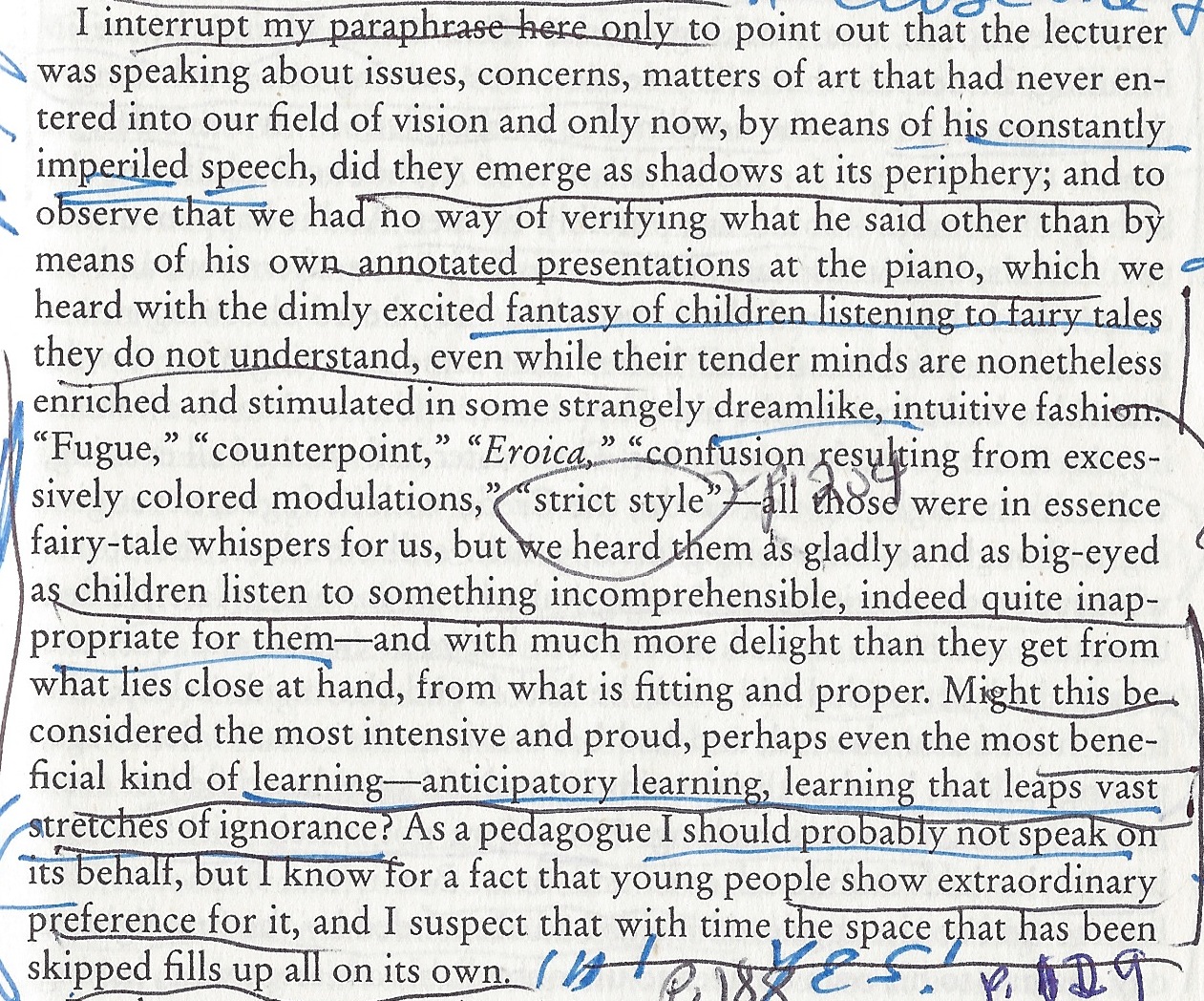
What is read? The book, the (rhetoric of the page (blanks spaces), the edition (book history); rare books; punctuation; sheet music
Mr. Turner (dir. Mike Leigh)
Le Radeau de la Méduse (Louvre)
Have You Seen
This ?

"I would be glad enough if the book simply served to make people want to read Richardson and argue with my case."
Terry Eagleton, The Rape of Clarissa (1982), viii ("progressive?" [yes]; "feminist"; "genuinely subversive elements")
"Like Ulysses, the Wake has chapters that are marked off by page breaks and white space but that have no names or numbers. Critics have supplied numbers and names to make it easier to talk about the units. There are four large divisions, numbered I, II, III, and IV. Part I has eight chapters and Parts II and III each have four. Part IV has only one fairly short chapter. Thus, in its large division into parts, the book follows the 3 + 1 structure from Vico, and each of Books I-III also follows the structure, with I having two cycles and II and III one each."
Keith Richards: "There's Two Sides to Every Story" (Part 1)
Keith Richards: "There's Two Sides to Every Story" (Part 2
Talking of Hitchcock in the spaced-out fourth chapter, where the froth of film and music clips has largely subsided, Mr. Godard says ''we've forgotten why Joan Fontaine leans over the edge of the cliff and what it was that Joel McCrea was going to do in Holland,'' and so on, ''but we remember a handbag, but we remember a bus in the desert, but we remember a glass of milk.''
--''Histoire(s) du Cinema''
Turner, Hannibal Crossing the Alps
Loop Narrative / Thematic Structure (Visualizing, Spatializing works of art that can only be experienced in linear time.)
Ludovico Einaudi, "Elegy for the Artic" (ends one note short of beginning over)
James Joyce, Finnegans Wake
The Searchers (dir. John Ford, 1956) doorway shots opening and closing
Some people like answers more than they do questions. I call that Q & A Criticism. Here is an example Franco Moretti's book The Bourgeois:
"And one wonders: Why these scenes of almost mythical brutality . . . ? Why does Gesualdo risk his life like that? He does it, because he is terrified that his wealth may disappear, a fear that is always with him . . . ."
I prefer to hear someone ask one new question that leads to more questions than to hear 1,000 plus people give new answers to an old question. I call this this kind of criticism Q & Q Questioning. For an example, see the last paragraph of Martin Heidegger's Being and Time.
Gustav Mahler Symphony No 7 E minor, "Song of the Night" Abbado, Lucerne Festival Orchestra, 2005
The last 5 minutes of Abbado's Mahler 9th at 2009 Lucerne Festival
Mahler - Symphony No. 9 - Abbado - Lucerne Festival Orchestra 2010
Two Takes on Creating and Collaboration:
1. You make it without preparing.
--Jim Jarmusch (time:stamp 23:00)
2. You plan ahead.
--interview with Gordon Willis, cinematographer, on the Criterion edition of The Parallax View.
Basic Terms of Music (including scale, melody, harmony, time signature, rythm, downbeat, fugue, among others)
Colin Marshall, "Music Meets Writing: On Haruki Murakami and Seiji Ozawa."
“Doors: On the Materiality of the Symbolic,” trans. John Durham Peters,
Grey Room .
Cleanth Brooks, "History without Footnotes- An Account of Keats' Urn"
Kenneth Burke, "Symbolic Action in a Poem by Keats"
William Empson, "Thy Darling in an Urn"
Cleanth Brooks, "Postscript"
"History, Poetry, and the Footnote- Cleanth Brooks and Kenneth Burke"
When I Knew My Job Was Over: Beau Geste
When I Knew My Job Was Over: Cliffhangers escape from closing walls Star Warsand
Flash Gordon Also, The Artist (2011) escape from the torture room in film in the film
When I Knew My Job Was Over: Das Boot. Submarine trapped on ocean floor
When I Knew My Job Was Over (Time Stamp 2:33)
This course will examine the difference between paraphrasing a text and reading it closely, beginning with the New Critics, focusing primarily on William Empson, and ending with the notion, posed by Jacques Derrida and Paul de Man, that reading closely means arriving at an impasse, at “unreadability,” and hence closure. We will also read Stephen Booth’s celebrated Yale edition of Shakespeare’s Sonnets, a masterpiece of close readings (without reading) that productively frustrates any reader’s attempts to make use of it. We will read not only what is in the text but what isn't. How do you read chapters that are declared missing by the author? How do you read a poem that calls forth a pun the poem does not make? Three short papers. Co-leading class discussion twice during the semester. Readings will include canonical literature as well as canonical works of literary criticism and literary theory. Discussion questions on the films or readings due the day before each class. Weekly quizzes.
Ezra Pound, ABC of Reading
Vertigo (dir. Alfred Hitchcock, 1958)
Recommended Viewing and Reading:
A science of the signifier (even if still in process of develop- ment), that is, has taken its place in the work of the period and its purpose is less the analysis of the sign than its disloca- tion. With regard to myth, and though this is a work that is yet to be carried through, the new semiology - or the new mythology - can no longer, will no longer be able to, separate so easily the signifier from the signified, the ideological from the phraseological. It is not that the distinction is false or without its use but rather that it too has become in some sort mythical: any student can and does denounce the bourgeois or petit-bourgeois character of such and such a form (of life, of thought, of consumption). In other words, a mythological doxa has been created: denunciation, demystification (or demythification), has itself become discourse, stock of phrases, catechistic declaration; in the face of which, the science of the signifier can only shift its place and stop (provisionally) further on - no longer at the (analytic) dissociation of the sign but at its very hesitation: it is no longer the myths which need to be unmasked (the doxa now takes care of that), it is the sign itself which must be shaken; the problem is not to reveal the (latent) meaning of an utterance, of a trait, of a narrative, but to fissure the very representation of meaning, is not to change or purify the symbols but to challenge the symbolic itself.
ROLAND BARTHES, "Change the Object Itself Mythology today," Image Music Text
Essays selected and translated by Stephen Heath, pp. 165 -70.
There is too much here to try to unravel. But here are some of the threads: The words “inadvertently” and “automatically,” however recon- dite, are ordinary; there are ordinary contexts (nontechnical, nonpolitical, nonphilosophical contexts) which are normative for their use. It may be that half the speakers of English do not know (or cannot say, which is not the same) what these contexts are. Some native speakers may even use them interchangeably. Suppose the baker is able to convince us that he does. Should we then say: “So the professor has no right to say how ‘we use’ ‘inadvertently,’ or to say that when we use the one word we say something different from what we say when we use the other”? Before accepting that conclusion, I should hope that the following consideration would be taken seriously: When “inadvertently” and “automatically” seem to be used indifferently in recounting what someone did, this may not at all show that they are being used synonymously, but only that what each of them says is separately true of the person’s action. The decanter is broken and you did it. You may say (and it may be important to consider that you are already embarrassed and flustered) either: “I did it inadvert- ently’’ or “I did it automatically.” Are you saying the same thing? Well, you automatically grabbed the cigarette which had fallen on the table, and inadvertently knocked over the decanter. Naming actions is a sensitive occupation. It is easy to overlook the distinction because the two adverbs often go together in describing actions in which a sudden movement results in some mishap. Suppose the baker does not accept this explanation, but replies: “I use ‘automatically’ and ‘inadvertently’ in exactly the same way. I could just as well have said: ‘I grabbed the cigarette inadvertently and knocked over the decanter automatically.’” Don’t we feel the temptation to reply: “You may say this, but you can’t say it and describe the same situation; you can’t mean what you would mean if you said the other”? But suppose the baker insists he can? Will we then be prepared to say: “Well you can’t say the one and mean what I mean by the other”? Great care would be needed in claiming this, for it may look like I am saying, “I know what I mean and I say they are different.” But why is the baker not entitled to this argument? What I must not say is: “I know what words mean in my language.” Here the argument would have pushed me to madness. It may turn out (depending upon just what the dialogue has been and where it was stopped) that we should say to the baker: “If you cooked the way you talk, you would forgo special implements for different jobs, and peel, core, scrape, slice, carve, chop, and saw, all with one knife. The distinction is there, in the language (as implements are there to be had), and you just impoverish what you say by neglecting it. And there is something you aren’t noticing about the world.”
--Stanley Cavell, "Must-we-mean-what-we-say?"
W.K. Wimsatt, The Verbal Icon: Studies in the Meaning of Poetry(1954) "When Is Variation Elegant?"
http://www.ias-research.net/wp-content/uploads/2012/01/Kleist-and-Hamburger_-_1951_-_On-the-Gradual-Construction-of-Thoughts-During-Speech.pdf
Heinrich von Kleist, "On the Gradual Production of Thoughts Whilst Speaking"
Barenboim on Beethoven - Masterclass on the Sonatas time stamp 28:30
The Century of the Self is a 2002 British television documentary series by filmmaker Adam Curtis." Adam Curtis confuses psychoanalysis in the United States with ego psychologists such A.A. Brill ("E. L. Bernays consulted with Brill on the subject of women's smoking"), "self-actualizers" Carl Rogers, and hucksters such as Tony Robbins.

T.S. Eliot, "The Wasteland"
Reader Response: Stanley Fish: Is there a book in this class? Is there a book in book history (now that the History of the Book)?
Notes on Blindness (2016)

--David Hume
2012--the transition from analog broadcasting to digital; the end of the cathode ray television set.
"One should never bear grudges against people, never judge them by the memory of one unkind act, for we can never know all the good resolves and effective actions of which their souls may have been capable at another time. And so, even from the simple point of view of foresight, we make mistakes. For no doubt the bad pattern we observed on that one occasion will recur. But the soul is richer than that, has many other patterns which will also recur in the same man, yet we refuse to take pleasure in them because of one piece of bad behavior in the past."
The Prisoner, trans. Carol Cook, p. 311
Inside the Academic-Freedom Crisis That Roiled Florida’s Flagship
A ‘Chronicle’ investigation tracks how a decision to silence professors emerged from the depths of bureaucracy. Sept 7 2022




Nothing Below is Required for this Course. You Are Free to Stop Reading Here and Now:
La leçon de Marcel Proust selon Roland Barthes
Retrouvez bien d'autres archives sur Marcel Proust ici : http://bit.ly/2EeojUr
The Kuleshov Effect / Effetto Kuleshov
Gov. DeSantis wants retired cops as teachers
Judge Issues Stinging Free Speech Ruling Against University of Florida The New York Times January 21, 2022
Judge Walker's Motion for Preliminary Injunction Ruling 01212022
If to read a book as it should be read calls for the rarest qualities of imagination, insight, and judgment, you may perhaps conclude that literature is a very complex art and that it is unlikely that we shall be able, even after a lifetime of reading, to make any valuable contribution to its criticism. We must remain readers.
Virginia Woolf, “How Should One Read a Book?” 1926 (read for pleasure and for profit)


How the HR Monster Destroyed the Workplace: The Woke Mission Creep of Human Resources Departments
Rescuing the Left From Its Obsession With Culture — Vivek Chibber
Chris Hedges on Cancel Culture, Empathy And Grace
"What a stupid f***ing way to have a really important conversation": Reflections On A Yearlong White Fragility Training
The Bellows in Conversation with Adolph Reed and Walter Benn Michaels
Politics After Trump: A Conversation with Chris Hedges
Slavoj Zizek — Why white liberals like to humiliate themselves
Slavoj Zizek — Why white liberals love identity politics
Louis Menand, "What’s So Great About Great-Books Courses? The humanities are in danger, but humanists can’t agree on how—or why—they should be saved." New YorkerDecember 13, 2021
Critical judgment
suspension of moral judgment
John Keats, "negative capability"
The author and the work of art--Cancellation; Ad Hominem
Self-cancellation:
Gerard Manley Hopkins burned his poems when he entered a seminary. See William Empson, Seven Types of Ambiguity
Vladimir Nabokov, Lectures on Literature--no relation between an author and text (Yet . . . )
Erich Auerbach, Mimesis--an author is always in history
Martin Heidegger on the German poet Georg Trakl in On the Way to Language and Poetry, Language, Thought--ignore the author.
"No matter how scandalous and unsavory the Derrida-Heidegger-Trakl encounter may seem, therefore, it may well be that the encounter has - as Merleau-Ponty said of the artwork - most of its life still ahead of it.
Certainly, there seems to be no great interest in the Anglo-American world in either Heidegger's Trakl interpretation or Derrida' s reading of it.
While many philosophers continue to brave Heidegger's Hölderlin interpretations, very few take the risk of engaging with Trakl. Why? I am not sure. Perhaps because of the unsavory atmosphere that suffuses the Trakl world: cocaine, incest, war, suicide - conservative Heideggerians have to wonder why Heidegger was drawn to any of this, and why Derrida would want to make Heidegger's reading of Trakl one of the principal foyers of his reading of Heidegger.
It may be that the new waves of scandal lapping against the shores of Heidegger's life make it less likely than ever that students will want to take up Heidegger's and Derrida's readings of Trakl, especially in the United States, where Puritanism continues to reign in the academy, in our political life, and in our military detention."
To counter widely circulated allegations, let it be stated here explicitly that the dedication of Being and Time mentioned on page 16 of the Dialogue remained in Being and Timeuntil its fourth edition of 1935. In 1941, when my publishers felt that the fifth edition might be endangered and that, indeed, the book might be suppressed, it was finally agreed, on the suggestion and at the desire of Niemeyer, that the dedication be omitted from the edition, on the condition imposed by me that the note to page 38 be retained— a note which in fact states the reason for that dedication, and which runs: "If the following investigation has taken any steps forward in disclosing the 'things themselves', the author must first of all thank E. Husserl, who, by providing his own incisive personal guidance and by freely turning over his unpublished investigations, familiarized the author with the most diverse areas of phenomenological research during his student years in Freiburg" (Being and Time, Harper & Row, 1962, 489).
--On the Way to Language, pp. 199-200
Textual unconscious
irony
incomprehension
Booth unmade puns
Fireworks are apparitions par excellence. They are an empirical appearance free of the burden of empirical being in general which is that it has duration; they are a sign of heaven and yet artefactual; they are both a writing on the wall, rising and fading away in short order, and yet not a writing that has any meaning we can make sense of.
--Theodor Adorno, Aesthetic Theory, 120
Woke Dictionary
Cultural Stagnation
One of the most important books on a chapter of American History you never ever knew about:
Eric Foner Reconstruction-Americas-Unfinished-Revolution
Eric Foner, "Why Is There No Socialism in the United States?"
History Workshop, Spring, 1984, No. 17 pp. 57-80

Barbara Johnson, "The Frame of Reference: Poe, Lacan, Derrida," Yale French Studies, 1977, No. 55/56, Literature and Psychoanalysis. The Question of Reading: Otherwise (1977), pp. 457-505
Various first words
Why Should You Be for Free Speech? (If you are truly for free speech, then you are by definition a free speech absolutist. There is no such thing as "hate speech.") If you are against free speech, then you are an authoritarian who runs with the herd, not a free thinker. You shouldn't be taking literature courses.
Mighty Ira: Ira Glasser, Free Speech and the ACLU Tmestamp31:00 on
Mighty Ira Documentary Trailer
Essential Viewing: Russell Brand On Trump and Free Speech
If you’re mildly conservative on Twitter, you’re Hitler | Ricky Gervais
The Free Speech Movement
At first, I thought the poster below was a parody. It isn't.
Ezra Klein Interviews Maryanne Wolf
This your brain on deep reading
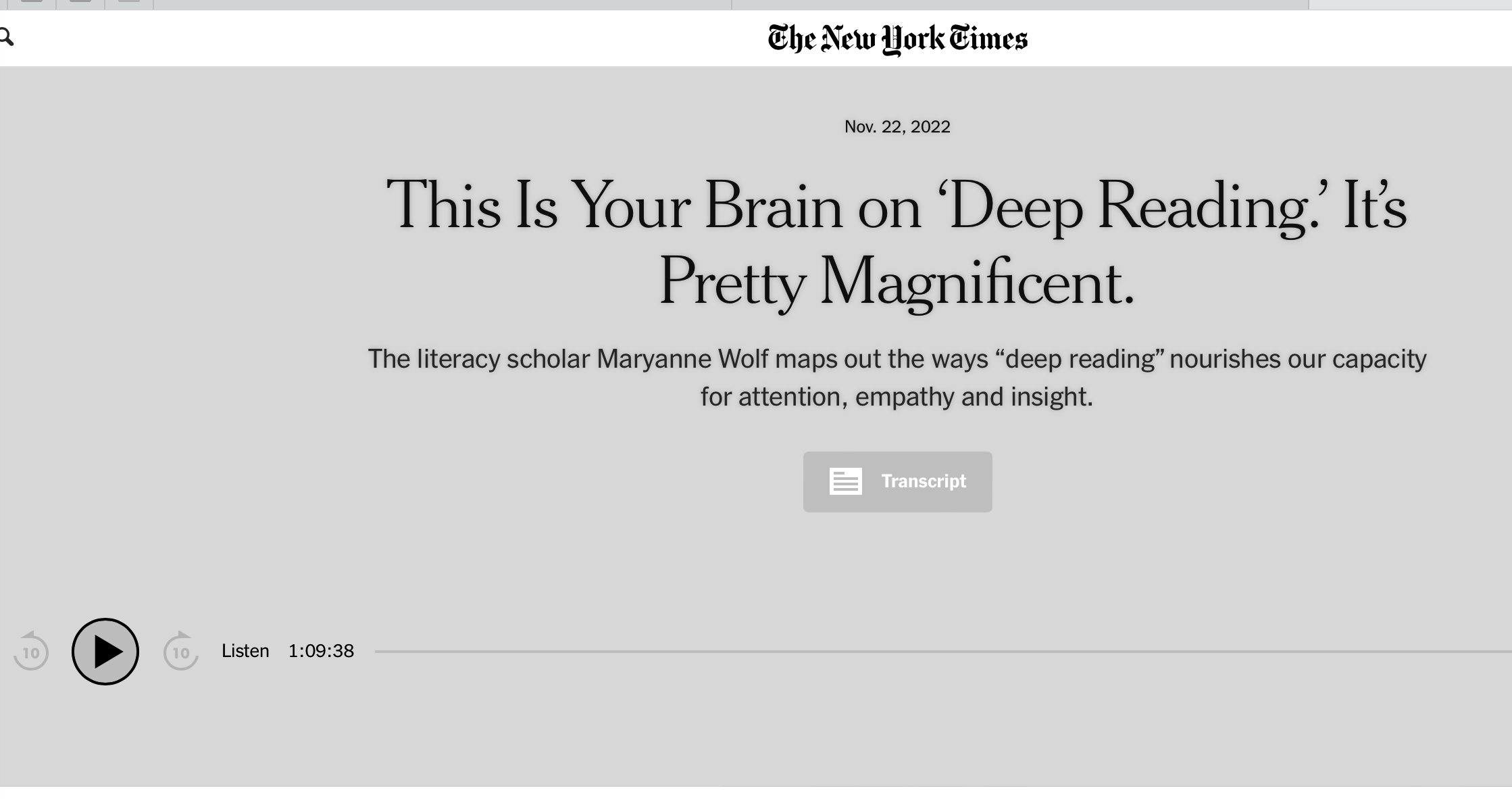

This is your brain on drugs (1981)
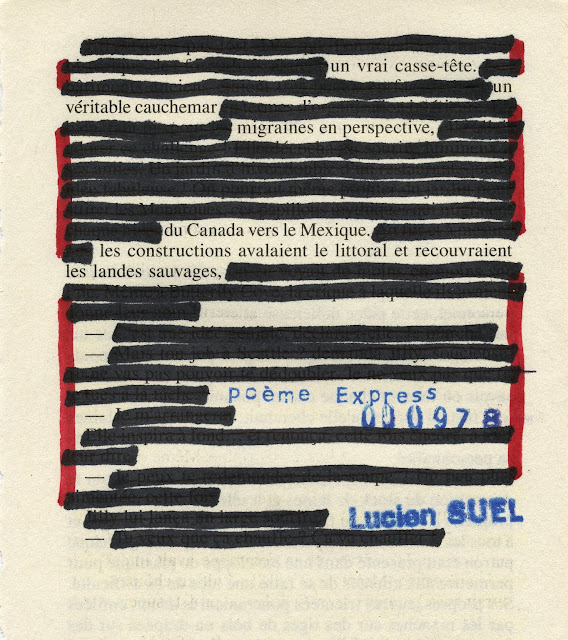


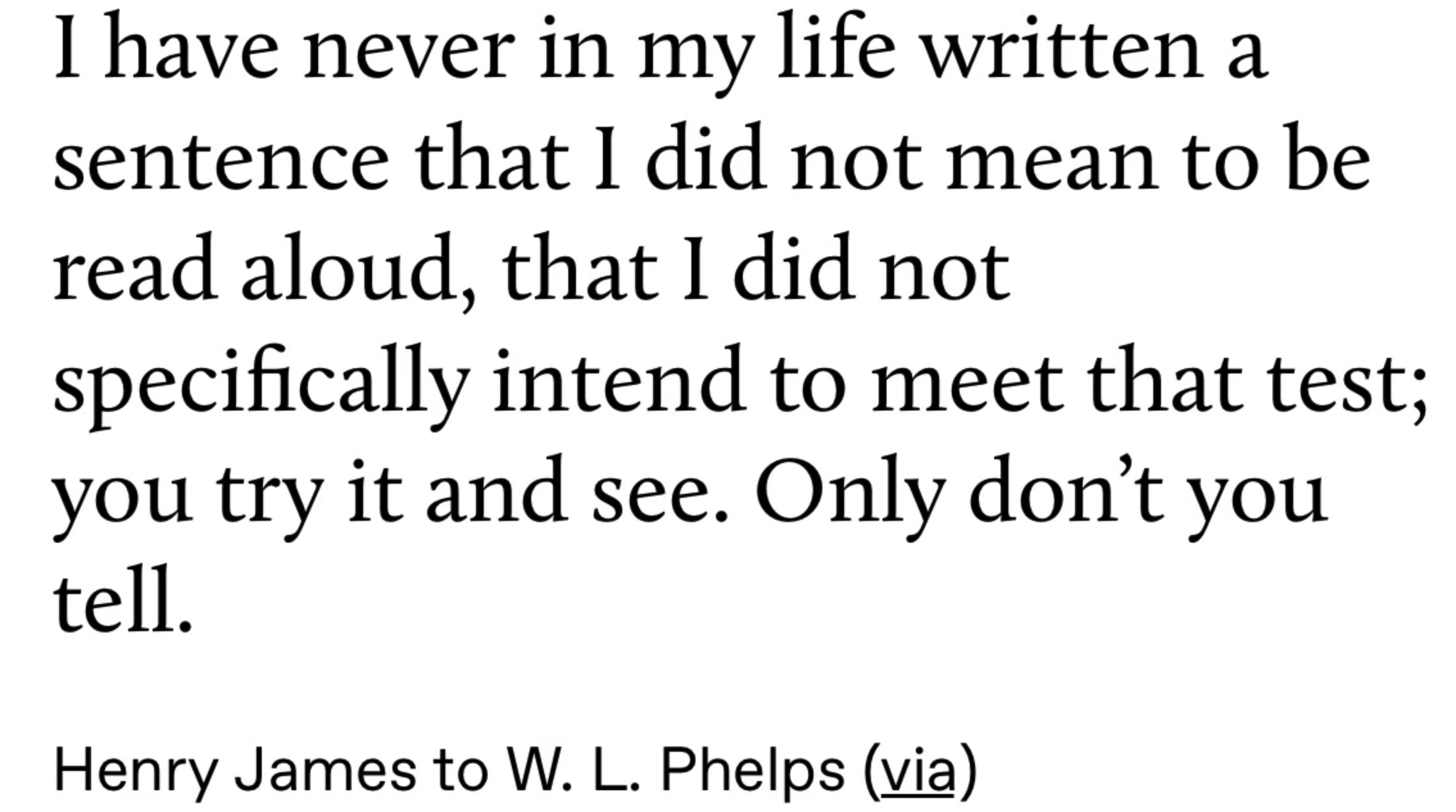
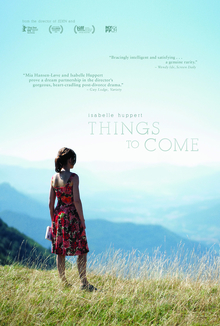


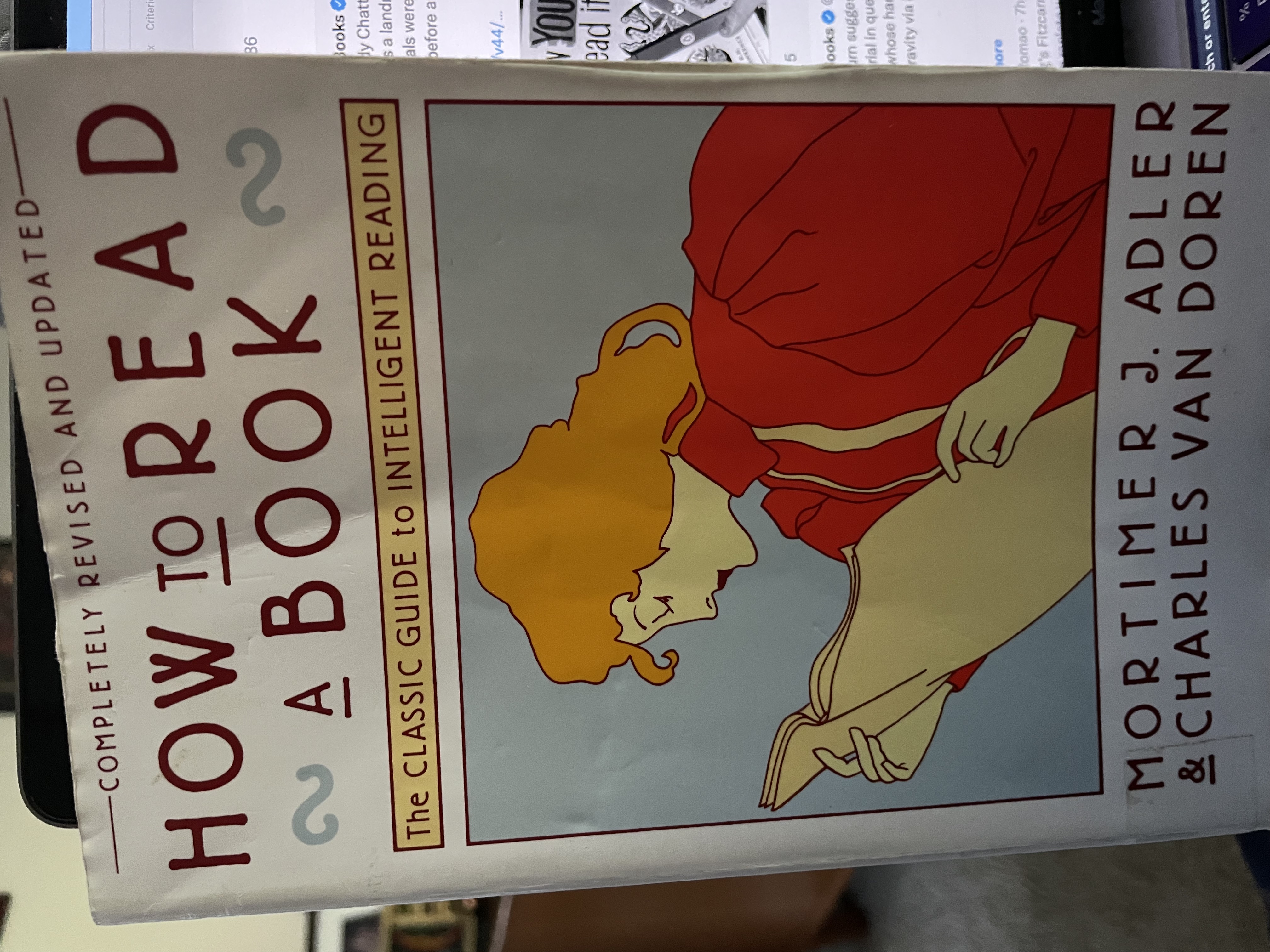


Who is supposed to find this video funny? JOE BIDEN: ACCEPTABLE UNDER THE CIRCUMSTANCES Steve Buscemi narrates this short film 8/20/2020
Joe Biden
CLOSE READ Jason Farago Seeing Our Own Reflection in the Birth of the Self-Portrait Sept. 25, 2020
"Don't Be a Sucker" (1943 / 1947)
Shant Mesrobian gives an illuminating account of an authoritarian Biden voter's contempt for progressives starting at 54:02 and ending at 56:32.
"In Amazon’s Bookstore, No Second Chances for the Third ReichThe retailer once said it would sell “the good, the bad and the ugly.” Now it has banished objectionable volumes — and agreed to erasing the swastikas from a photo book about a Nazi takeover." New York Times Feb. 9, 2020
Holbein's extraordinary 'Ambassadors' | National Gallery
Nonsite.org
WATCHING FILMS TO THE END

DARK WATERS | Official Trailer
All the President's Men - Original Theatrical Trailer
The Candidate - Original Theatrical Trailer
Medium Cool (1969) ORIGINAL TRAILER
The Mothman Prophecies - Trailer.
Secrecy and the Press. Remarks by. Katharine Graham.

Megan Zahneis, This Tenured Professor Said His College’s Reopening Plans Risked Deaths. That’s Now in His Personnel File.
SEPTEMBER 10, 2020
Widescreen vs. Pan & Scan
Shockproof (dir. Douglas Sirk,1949) Opening Sequence and the reveal; see also the reveal at the end of the first five minutes of Hitchcock's Marnie
The Bellows in Conversation with Adolph Reed and Walter Benn Michaels
Exercise and Depression "When you exercise, your body releases chemicals called endorphins. These endorphins interact with the receptors in your brain that reduce your perception of pain."
Edward Snowden: How Your Cell Phone Spies on You
2012: When I Knew My Job Was Over (Time Stamp 1:50)
'All-American Nativism' with Dan Denvir, Part I
"We had expected the great world-dominating nations of white race upon whom the leadership of the human species has fallen, who were known to have world-wide interests as their concern, to whose creative powers were due not only our technical advances towards the control of nature but the artistic and scientific standards of civilization - we had expected these people to succeed in discovering another way of settling misunderstandings and conflicts of interest. Within each of these nations there prevailed high norms of moral conduct for the individual, to which his manner of life was bound to conform if he desired to take part in a civilized community. . . .
A human being is seldom altogether good or bad; he is usually 'good' in one relation and 'bad' in another, or 'good' in certain external circumstances and in others decidedly 'bad'. It is interesting to find that the pre-existence of strong 'bad' impulses in infancy is often the actual condition for an unmistakable inclination towards 'good' in the adult. Those who as children have been the most pronounced egoists may well become the most helpful and self-sacrificing members of the community; most of our sentimentalists, friends of humanity and protectors of animals have been evolved from little sadists and animal-tormentors.
Sigmund Freud "Thoughts for the Times on War and Death" (1915)
Now that the TV show COPS has been cancelled, it should be replaced by a show called STOPPED. Each episode of STOPPED would show iphone videos of black people who have been murdered by police or who have talked their way out of an illegal stop with guns drawn by cops. Payment for videos that haven't gone viral but can be posted after the show airs. Copyright belongs to the original video recorder.
1 youtube.com/watch
2 .youtube.com/watch
3. Youtube.com/watch
These Scholars Denounced the Police
"What a stupid f***ing way to have a really important conversation": Reflections On A Yearlong White Fragility Training
Trump Tells Agencies To End Trainings On 'White Privilege ...
The 1619 Project - The New York Times
The Truth About the Confederacy in the United States (the 1619 part is wrong.)
I Helped Fact-Check the 1619 Project. The Times Ignored Me.
Scholars are eviscerating The New York Times' 1619 Project
Seven months later, 1619 Project leader admits she got it wrong
Conservatives rail against New York Times 1619 Project on ...
Trump warns schools teaching 1619 Project 'will not be funded'
So much for "representation":
Melania Trump touts husband's record on women
Jed Rubenfeld, "Mishandling Rape," Nov. 15, 2014
Yale Law Professor [Jed Rubenfeld] Is Suspended After Sexual Harassment Inquiry
The Never-ending Story of Men and Women Laura Kipnis 2016

from Thomas Mann, Doktor Faustus, trans. John Wood, p. 63
A Black Marxist Scholar Wanted to Talk About Race. It Ignited a Fury.
Algorithms rule us all - VPRO documentary - 2018
Cybertopia - Dreams of Silicon Valley - Docu - 2015
The financial brain of the London City - Docu - 2013
HyperNormalisation: A new film by Adam Curtis
The Humanities After Covid-19
Kenneth Goldsmith, It’s Not Plagiarism. In the Digital Age, It’s ‘Repurposing.’SEPTEMBER 11, 2011

Mark Fisher : The Slow Cancellation Of The Future (2014)
2014 CineNOma?
Small adjustments to the same versus something different, new, or renewed
Can you hear it? An ear for music history and the end of medium specificity
Sampling 80s synth pop this century
Modern Fears (Pilotpriest Come True Version) (Original Motion Picture Sound) 2021
sounds like
the CHROMATICS PLAYING "SATURDAY" at the end of an episode of David Lynch's Twin Peaks, the Return (2018).
See also the
CHROMATICS' "SHADOW" (Official Video)
80s synth pop
80s synth pop
Angelo Badalamenti and David Lynch and "Laura's Theme" in "Twin Peaks"
Pet Shop Boys
Orchestral Maneuvers in the Dark
Drive (dir. Nicolas Winding Refn, 2011) —with 80s Miami Vice pink opening titles
Chromatics - Tick Of The Clock
Electric Youth - A Real Hero
1980s --"postmodernism" stockpiling of images; last decade of high fashion. "Pastiche" versus "parody" Frederic Jameson
haute couture
recycling Art Decco by Madonna (Vogue, Horst P. Horst / Horst corset
Express Yourself)
Metropolis (1927) - (1984) Giorgio Moroder
30's fasions Bryan Ferry (Slave to Love).
Periodization of fashion history
Roxy Music - Avalon (Official Video)
The Gong Show (1978)
Survival Kit For the Anguished: A series of podcasts by Avital Ronell
Ir-Responsible Reading

--Martin Heidegger, "The Thing"
Martin Heidegger on the hermeneutic circle, writing in hermeneutic circles.
Maurice Blanchot on the vicious circle, writing in vicious circles. "Noli me legere"
the spiral
Gould Gould: Mozart in one minute
Johnny Thunders, "You can't put your arms around a memory" 1978
Pavement, "Silence Kid" 1994
U.S. Propaganda in one minute
Why Should You Be for Free Speech?
Mighty Ira: Ira Glasser, Free Speech and the ACLU Tmestamp31:00 on
Mighty Ira Documentary Trailer
Essential Viewing: Russell Brand On Trump and Free Speech
If you’re mildly conservative on Twitter, you’re Hitler | Ricky Gervais
The Free Speech Movement
2020-12-16/fifty-years-of-tax-cuts-for-rich-didn-t-trickle-down-study-says
"Music is the space between the notes."
--Claude Debussy or Miles Davis
Guy J. Williams, "Harkness Learning: Principles of a Radical American Pedagogy"
Harkness table
Nonsite.org
The Second Civil War (dir. Joe Dante, 1997)
2001 A Space Odyssey 4K
Wall Street is diversity-inclusion-belonging
https://www.nasdaq.com
NASDAQ
"Happiness has no story."
--Jules Barbey d'Aurevilly
Werner Hamacher, "Remarks on Complaint," in On the Brink
Acheiropoieta
Lauren Berlant, "Introduction to Cruel Optimism"
DEPARTMENTAL EMAIL SIGNATURES (UF's "Brand Center")
BROCK CLARKE, "Why Good Literature Makes Us Bad People"
On Teaching
"You make it up as you go along."
Seiji Ozawa, Absolutely on Music: Conversations (2016), pp. 67-70; 98-101; 233-238; 285-322.
UF Policies on Student Conduct and Resources (UF requires faculty to post these on their syllabi):
University of Florida Grading and Attendance Policies
Information on current University-wide grading policies can be found at:https://catalog.ufl.edu/ugrad/current/regulations/info/grades.aspx.
Requirements for class attendance and make-up exams, assignments, and other work in this course are consistent with university policies that can be found at: https://catalog.ufl.edu/ugrad/current/regulations/info/attendance.aspx.
University of Florida Student Honor Code
UF students are bound by The Honor Pledge which states, “We, the members of the University of Florida community, pledge to hold ourselves and our peers to the highest standards of honor and integrity by abiding by the Honor Code. On all work submitted for credit by students at the University of Florida, the following pledge is either required or implied: “On my honor, I have neither given nor received unauthorized aid in doing this assignment.” The Honor Code (http://www.dso.ufl.edu/sccr/process/student-conduct-honor- code/) specifies a number of behaviors that are in violation of this code and the possible sanctions. In adopting this Honor Code, the students of the University of Florida recognize that academic honesty and integrity are fundamental values of the University community. Any individual who becomes aware of a violation of the Honor Code is bound by honor to take corrective action. A student-run Honor Court and faculty support are crucial to the success of the Honor Code. The quality of a University of Florida education is dependent upon community acceptance and enforcement of the Honor Code.
Academic Honesty Policy
An academic honesty offense is defined as the act of lying, cheating, or stealing academic information so that one gains academic advantage. As a University of Florida student, one is expected to neither commit nor assist another in committing an academic honesty violation. Additionally, it is the student's duty to report observed academic honesty violations. Violations of the Honor Code and academic dishonesty will not be tolerated. Specifically, instructors will rigorously pursue incidents of plagiarism of any type or incidents of referring to any unauthorized material for any class requirement. Before submitting any work for this class, please read the policies about academic honesty at www.dso.ufl.edu/judicial, and ask the instructor to clarify any expectations you do not understand.
ADA Statement
Students with disabilities requesting accommodations should first register with the Disability Resource Center (352-392-8565, www.dso.ufl.edu/drc/) by providing appropriate documentation. Once registered, students will receive an accommodation letter which must be presented to the instructor when requesting accommodation. Students with disabilities should follow this procedure as early as possible in the semester.
Course Evaluation
Students are expected to provide professional and respectful feedback on the quality of instruction in this course by completing course evaluations online via GatorEvals. Guidance on how to give feedback in a professional and respectful manner is available at https://gatorevals.aa.ufl.edu/students/. Students will be notified when the evaluation period opens and can complete evaluations through the email they receive from GatorEvals, in their Canvas course menu under GatorEvals, or via https://ufl.bluera.com/ufl/. Summaries of course evaluation results are available to students at https://gatorevals.aa.ufl.edu/public-results/.
Campus Resources
University support services are available to students who are experiencing significant distress and/or personal emergencies. As appropriate please contact:
Health and Wellness
U Matter, We Care: If you or a friend is in distress, please contact [email protected], 352 392-1575, or visit the U Matter, We Care website so that a team member can reach out to the student in distress.
Counseling and Wellness Center: Visit the Counseling and Wellness Center website or call 352-392-1575 for information on crisis and non-crisis services.
Student Health Care Center: Call 352-392-1161 for 24/7 information to help you find the care you need or visit the Student Health Care Center website.
University Police Department: Visit the UF Police Department website or call 352-392-1111 (or 9-1-1 for emergencies).
UF Health Shands Emergency Room / Trauma Center: For immediate medical care call 352-733-0111 or go to the emergency room at 1515 SW Archer Road, Gainesville, FL 32608; Visit the UF Health Emergency Room and Trauma Center website.
GatorWell Health Promotion Services: For prevention services focused on optimal wellbeing, including Wellness Coaching for Academic Success, visit the GatorWell website or call 352-273-4450.
Sexual Assault Recovery Services (SARS): Student Health Care Center, (352) 392-1161.
Academic Resources
E-learning technical support: Contact the UF Computing Help Desk at 352-392-4357 (select option 2) or e-mail to Learning- [email protected]. https://lss.at.ufl.edu/help.shtml.
Career Connections Center: Reitz Union, 392-1601. Career assistance and counseling.
Library Support: Various ways to receive assistance with respect to using the libraries or finding resources.
Teaching Center: Broward Hall, 392-2010 or 392-6420. General study skills and tutoring.
Writing Studio: 302 Tigert Hall, 846-1138. Help brainstorming, formatting, and writing papers.
On-Line Students Complaints: View the Distance Learning Student Complaint Process.
Our cat trying to break the fourth wall:
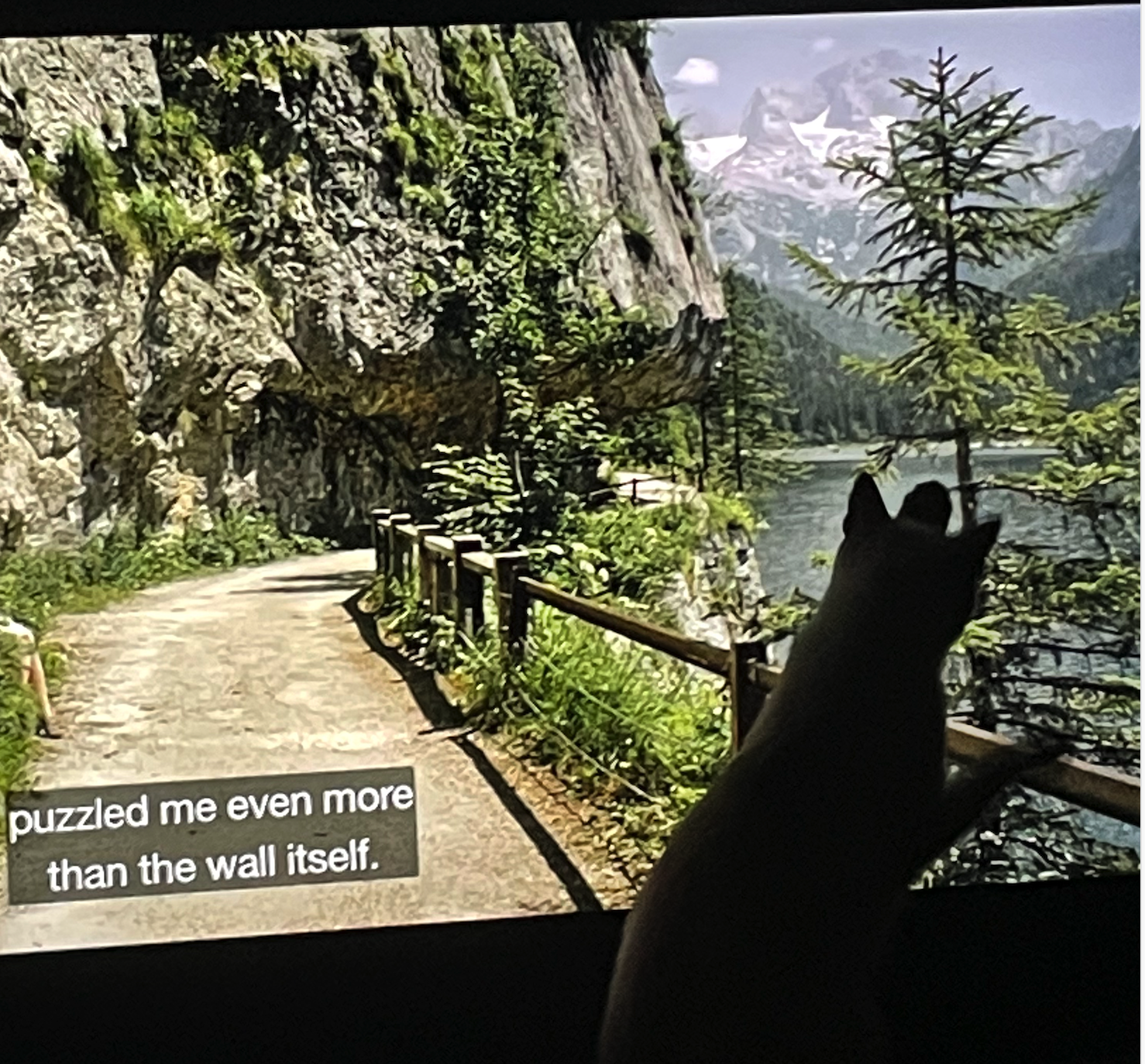
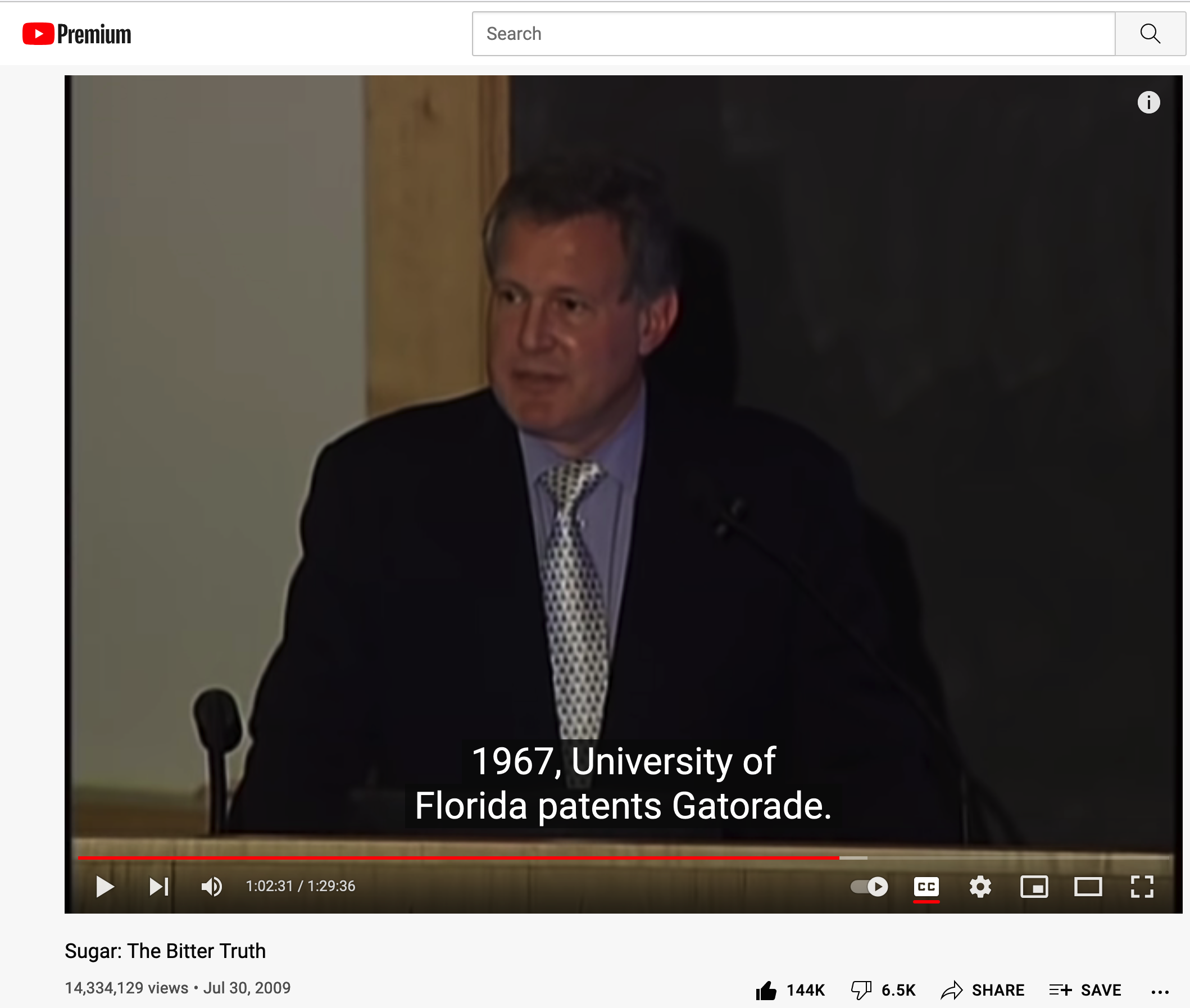
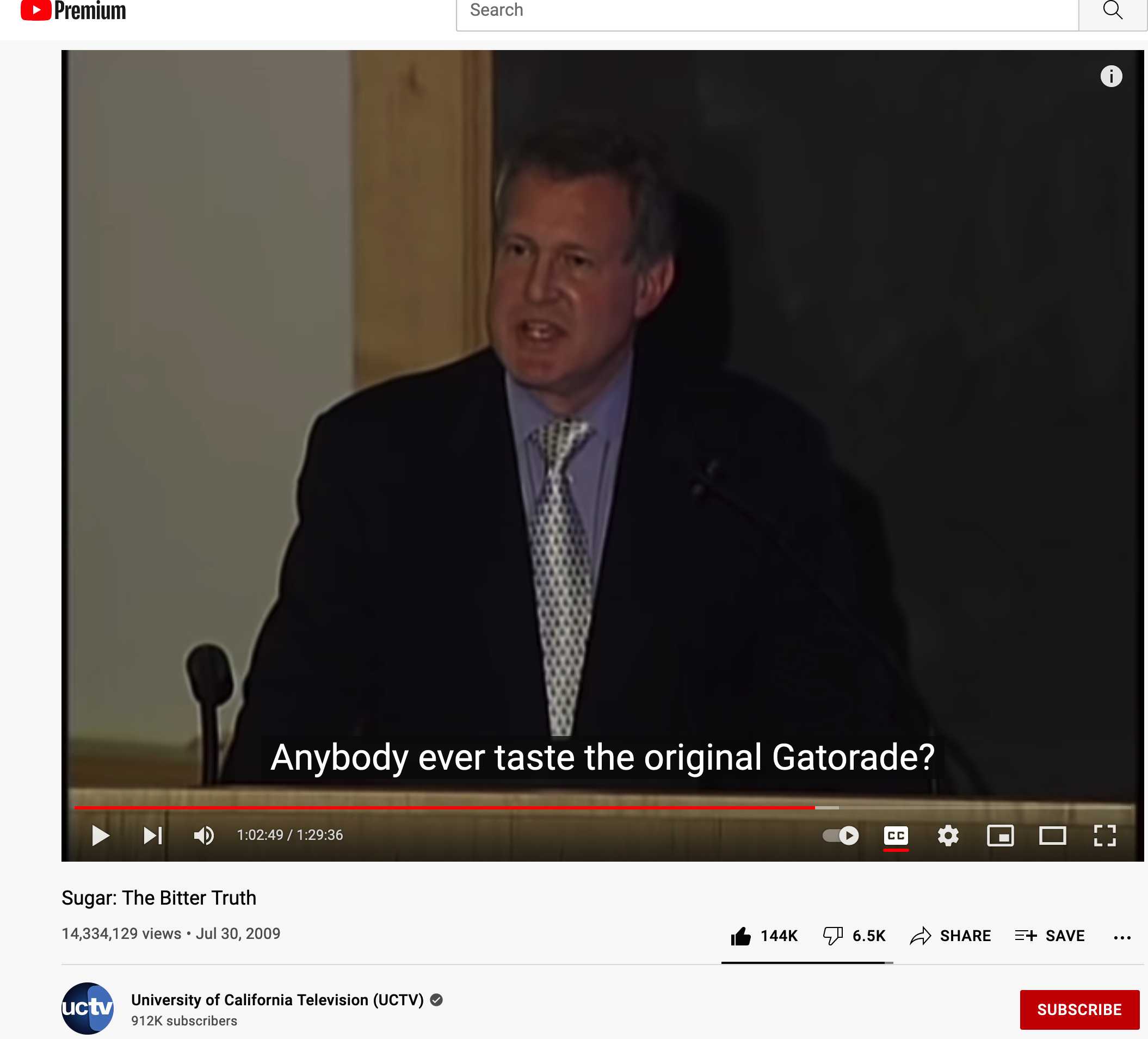

Sugar: The Bitter Truth
(2009)
Repetition, AND the LIMITS of RESEMBLANCE: Imitation; Counterfeit; Homage; Caricature Parody; Satire
Conventions and Creativity
Here are two different versions of the same scene from two versions of the same film, namely, The Maltese Falcon. Which one is better? There is only one answer.
Two examples of the same convetion from two seasons of the same show. Which one is better? There is only one answer.
Montage
Mindhunter Season 1 Episode (dir. David Fincher, 2017)
vs.
Mindhunter Season 2 Episode 8 (dir. Carl Franklin, 2019) Time stamp 37:35
Shot Reverse Shot
Long take framed by standard shot reverse shot intro and exits:
Amazon Prime Patriot 1, Season 8 Episode
Synthesis and Sound Design
Cross cutting editing
and Opening Title Sequences
Mindhunter (2017; 2019)
Abridge the description below: Cut it down from 468 words to less than forty words:
Herman Melville, Chapter 42 "The Whiteness of the Whale," in Moby Dick.
Though in many natural objects, whiteness refiningly enhances beauty, as if imparting some special virtue of its own, as in marbles, japonicas, and pearls; and though various nations have in some way recognised a certain royal preeminence in this hue; even the barbaric, grand old kings of Pegu placing the title “Lord of the White Elephants” above all their other magniloquent ascriptions of dominion; and the modern kings of Siam unfurling the same snow-white quadruped in the royal standard; and the Hanoverian flag bearing the one figure of a snow-white charger; and the great Austrian Empire, Caesarian, heir to overlording Rome, having for the imperial color the same imperial hue; and though this pre-eminence in it applies to the human race itself, giving the white man ideal mastership over every dusky tribe; and though, besides, all this, whiteness has been even made significant of gladness, for among the Romans a white stone marked a joyful day; and though in other mortal sympathies and symbolizings, this same hue is made the emblem of many touching, noble things- the innocence of brides, the benignity of age; though among the Red Men of America the giving of the white belt of wampum was the deepest pledge of honor; though in many climes, whiteness typifies the majesty of Justice in the ermine of the Judge, and contributes to the daily state of kings and queens drawn by milk-white steeds; though even in the higher mysteries of the most august religions it has been made the symbol of the divine spotlessness and power; by the Persian fire worshippers, the white forked flame being held the holiest on the altar; and in the Greek mythologies, Great Jove himself being made incarnate in a snow-white bull; and though to the noble Iroquois, the midwinter sacrifice of the sacred White Dog was by far the holiest festival of their theology, that spotless, faithful creature being held the purest envoy they could send to the Great Spirit with the annual tidings of their own fidelity; and though directly from the Latin word for white, all Christian priests derive the name of one part of their sacred vesture, the alb or tunic, worn beneath the cassock; and though among the holy pomps of the Romish faith, white is specially employed in the celebration of the Passion of our Lord; though in the Vision of St. John, white robes are given to the redeemed, and the four-and-twenty elders stand clothed in white before the great-white throne, and the Holy One that sitteth there white like wool; yet for all these accumulated associations, with whatever is sweet, and honorable, and sublime, there yet lurks an elusive something in the innermost idea of this hue, which strikes more of panic to the soul than that redness which affrights in blood.
A science of the signifier (even if still in process of development), that is, has taken its place in the work of the period and its purpose is less the analysis of the sign than its dislocation. With regard to myth, and though this is a work that is yet to be carried through, the new semiology - or the new mythology - can no longer, will no longer be able to, separate so easily the signifier from the signified, the ideological from the phraseological. It is not that the distinction is false or without its use but rather that it too has become in some sort mythical: any student can and does denounce the bourgeois or petit-bourgeois character of such and such a form (of life, of thought, of consumption). In other words, a mythological doxa has been created: denunciation, demystification (or demythification), has itself become discourse, stock of phrases, catechistic declaration; in the face of which, the science of the signifier can only shift its place and stop (provisionally) further on - no longer at the (analytic) dissociation of the sign but at its very hesitation: it is no longer the myths which need to be unmasked (the doxa now takes care of that), it is the sign itself which must be shaken; the problem is not to reveal the (latent) meaning of an utterance, of a trait, of a narrative, but to fissure the very representation of meaning, is not to change or purify the symbols but to challenge the symbolic itself.
ROLAND BARTHES, "Change the Object Itself Mythology today," Image Music Text
Essays selected and translated by Stephen Heath, pp. 165 -70.
There is too much here to try to unravel. But here are some of the threads: The words “inadvertently” and “automatically,” however recondite, are ordinary; there are ordinary contexts (nontechnical, nonpolitical, nonphilosophical contexts) which are normative for their use. It may be that half the speakers of English do not know (or cannot say, which is not the same) what these contexts are. Some native speakers may even use them interchangeably. Suppose the baker is able to convince us that he does. Should we then say: “So the professor has no right to say how ‘we use’ ‘inadvertently,’ or to say that when we use the one word we say something different from what we say when we use the other”? Before accepting that conclusion, I should hope that the following consideration would be taken seriously: When “inadvertently” and “automatically” seem to be used indifferently in recounting what someone did, this may not at all show that they are being used synonymously, but only that what each of them says is separately true of the person’s action. The decanter is broken and you did it. You may say (and it may be important to consider that you are already embarrassed and flustered) either: “I did it inadvert- ently’’ or “I did it automatically.” Are you saying the same thing? Well, you automatically grabbed the cigarette which had fallen on the table, and inadvertently knocked over the decanter. Naming actions is a sensitive occupation. It is easy to overlook the distinction because the two adverbs often go together in describing actions in which a sudden movement results in some mishap. Suppose the baker does not accept this explanation, but replies: “I use ‘automatically’ and ‘inadvertently’ in exactly the same way. I could just as well have said: ‘I grabbed the cigarette inadvertently and knocked over the decanter automatically.’” Don’t we feel the temptation to reply: “You may say this, but you can’t say it and describe the same situation; you can’t mean what you would mean if you said the other”? But suppose the baker insists he can? Will we then be prepared to say: “Well you can’t say the one and mean what I mean by the other”? Great care would be needed in claiming this, for it may look like I am saying, “I know what I mean and I say they are different.” But why is the baker not entitled to this argument? What I must not say is: “I know what words mean in my language.” Here the argument would have pushed me to madness. It may turn out (depending upon just what the dialogue has been and where it was stopped) that we should say to the baker: “If you cooked the way you talk, you would forgo special implements for different jobs, and peel, core, scrape, slice, carve, chop, and saw, all with one knife. The distinction is there, in the language (as implements are there to be had), and you just impoverish what you say by neglecting it. And there is something you aren’t noticing about the world.”
--Stanley Cavell, "Must-we-mean-what-we-say?"
Austin, John - Philosophical Papers 2nd ed
Cleanth Brooks, "History without Footnotes- An Account of Keats' Urn"
Kenneth Burke, "Symbolic Action in a Poem by Keats"
William Empson, "Thy Darling in an Urn"
Cleanth Brooks, "Postscript"
"History, Poetry, and the Footnote- Cleanth Brooks and Kenneth Burke"
index1.html
Slavoj Žižek: Apocalyptic & Post Apocalyptic

Saying what you really mean without imeaning to say it.
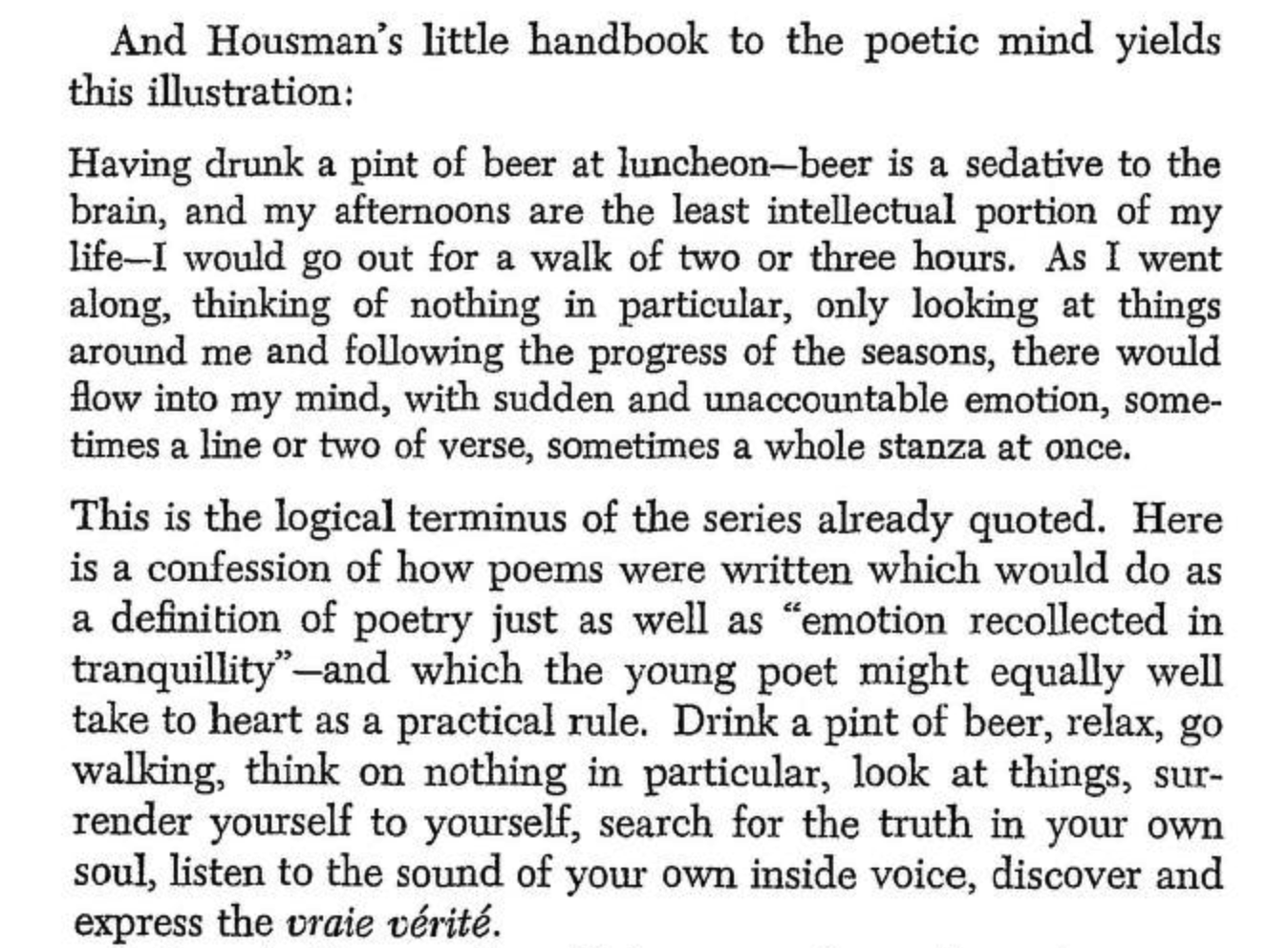
William Wimsatt, "The Intentional Fallacy"
Lightnin' Hopkins - It's A Sin To Be Rich, It's A Low-Down Shame To Be Poor
"One should never bear grudges against people, never judge them by the memory of one unkind act, for we can never know all the good resolves and effective actions of which their souls may have been capable at another time. And so, even from the simple point of view of foresight, we make mistakes. For no doubt the bad pattern we observed on that one occasion will recur. But the soul is richer than that, has many other patterns which will also recur in the same man, yet we refuse to take pleasure in them because of one piece of bad behavior in the past."
The Prisoner, trans. Carol Cook, p. 311
London Grammar - Rooting For You
Still Corners - Black Lagoon
Chris Isaak - Wicked Game
Lana Del Rey - Summertime Sadness
CHROMATICS "SHADOW"
Jon Ronson How One Stupid Tweet Blew Up Justine Sacco’s Life Feb. 12, 2015

Hannah Arendt diagramming Hegel

--V. F. Perkins
On Teaching
"You make it up as you go along."
Seiji Ozawa, Absolutely on Music: Conversations (2016), pp. 67-70; 98-101; 233-238; 285-322.
On Creating and Collaboration
You make it without preparing.
--Jim Jarmusch (time:stamp 23:00)
Interview with cinematographer Gordon Willis fon the Criterion edition of The Parallax View
Knowing what you want before you shoot so little editing is needed (as opposed to dump truck filming leaving it all to the editor)
Film criticism at its dumbest? Do you really care who made a film? Do you have to like just because you need to show how woke you are? And is getting a film franchise for an action film the only goal for filmmakers?
Basic Terms of Music (including scale, melody, harmony, time signature, rythm, downbeat, fugue, among others)
Colin Marshall, "Music Meets Writing: On Haruki Murakami and Seiji Ozawa."

--David Hume
Ir-Responsible Reading
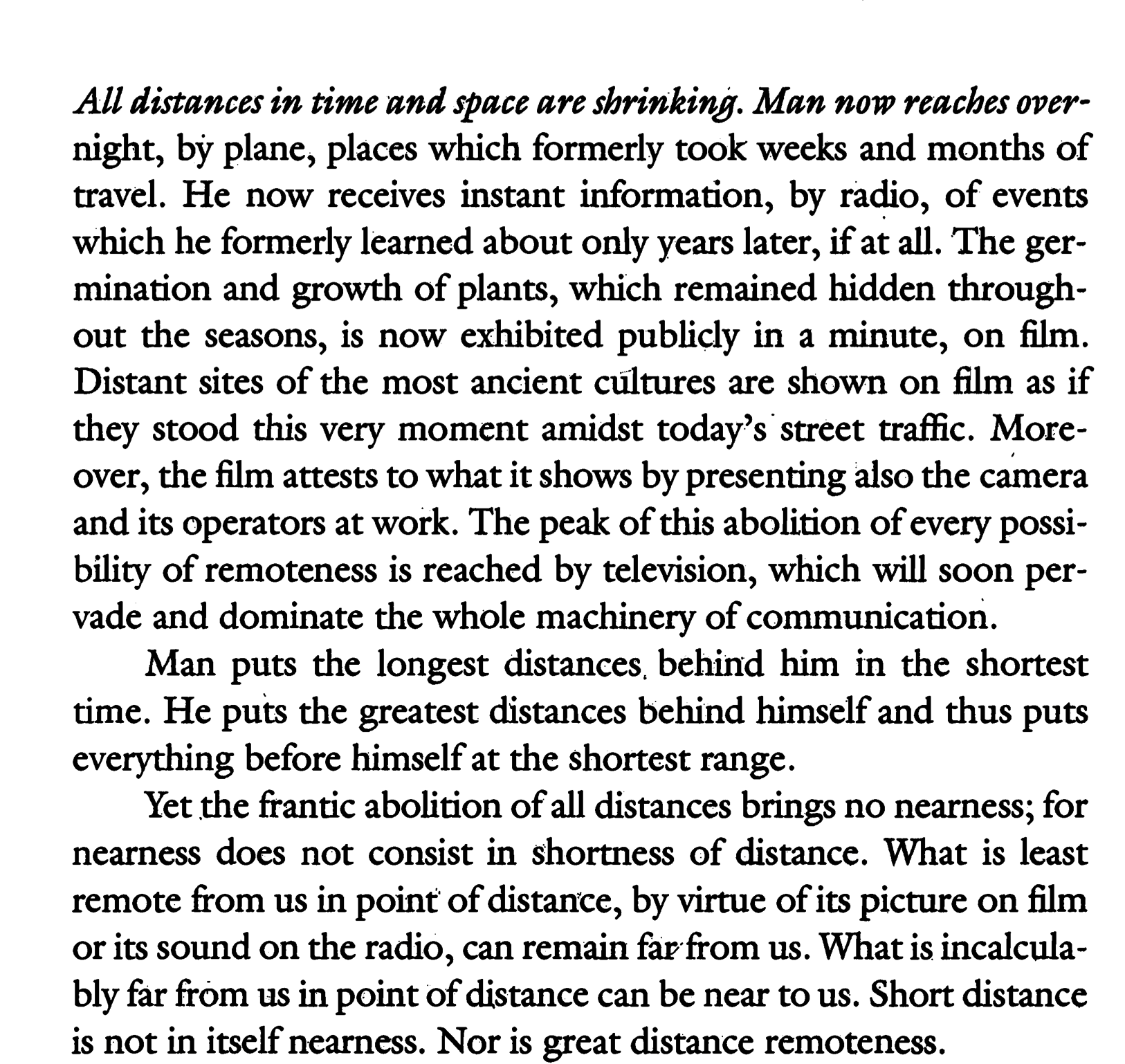
--Martin Heidegger, "The Thing"
Martin Heidegger on the hermeneutic circle, writing in hermeneutic circles.
Maurice Blanchot on the vicious circle, writing in vicious circles. "Noli me legere"
the spiral
Gould Gould: Mozart in one minute
Johnny Thunders, "You can't put your arms around a memory" 1978
Pavement, "Silence Kid" 1994
U.S. Propaganda in one minute
2020-12-16/fifty-years-of-tax-cuts-for-rich-didn-t-trickle-down-study-says
"Music is the space between the notes."
--Claude Debussy or Miles Davis
Guy J. Williams, "Harkness Learning: Principles of a Radical American Pedagogy"
Harkness table
Nonsite.org
The Second Civil War (dir. Joe Dante, 1997)
2001 A Space Odyssey 4K
Wall Street is diversity-inclusion-belonging
https://www.nasdaq.com
NASDAQ
"Happiness has no story."
--Jules Barbey d'Aurevilly
'Mighty Ira' Documentary Trailer
Ira Glasser, Free Speech and the ACLU
Bayardtalkaboutbooksyouhavenotreadprefacechapterone.pdf
bayard-how_to_talk_about.pdf
Robert Musil, The Man without Qualities, Chapters 100 and 114 in Volume One and Chapter 29 in Volume .
You already know how: Mr Robot ending S4E10: 410
https://www.nytimes.com/2019/12/08/arts/television/mr-robot-episode-10-recap.html
One of the most important books on one of the most horiffic chapters in American History you never ever knew about:
Eric Foner Reconstruction-Americas-Unfinished-Revolution
Eric Foner, "Why Is There No Socialism in the United States?"
History Workshop, Spring, 1984, No. 17 pp. 57-80
Rosa Luxemburg, The Mass Strike, the Political Party
and the Trade Unions (1906)
Obama: 'We tortured some folks'
Collateral Murder - Wikileaks - Iraq
Happy ending or sad ending: Dom and Darlene are going to go to
Budapest, then Dom changes her mind, then Darlene does not use her
ticket and does not board the plane. Cross cutting as Dom runs back to the gate. Music Carly Rae Jepsen "Run Away
with Me" on E.Mo.Tion album Darlene is in the
bathroom having a panic attack. So you think it's going to be a happy
ending. But last shot reveals the empty seat next to Dom. Music
still playing.
So students. You already know how to read by genre. Happy ending--or
shock from happy ending withheld. Only upbeat is Darlene calming down
and saying to herself in the mirror "I can take care of myself."
http://watch-mr-robot-season-4-episode-10-tvshow.over-blog.com/hompilya6a
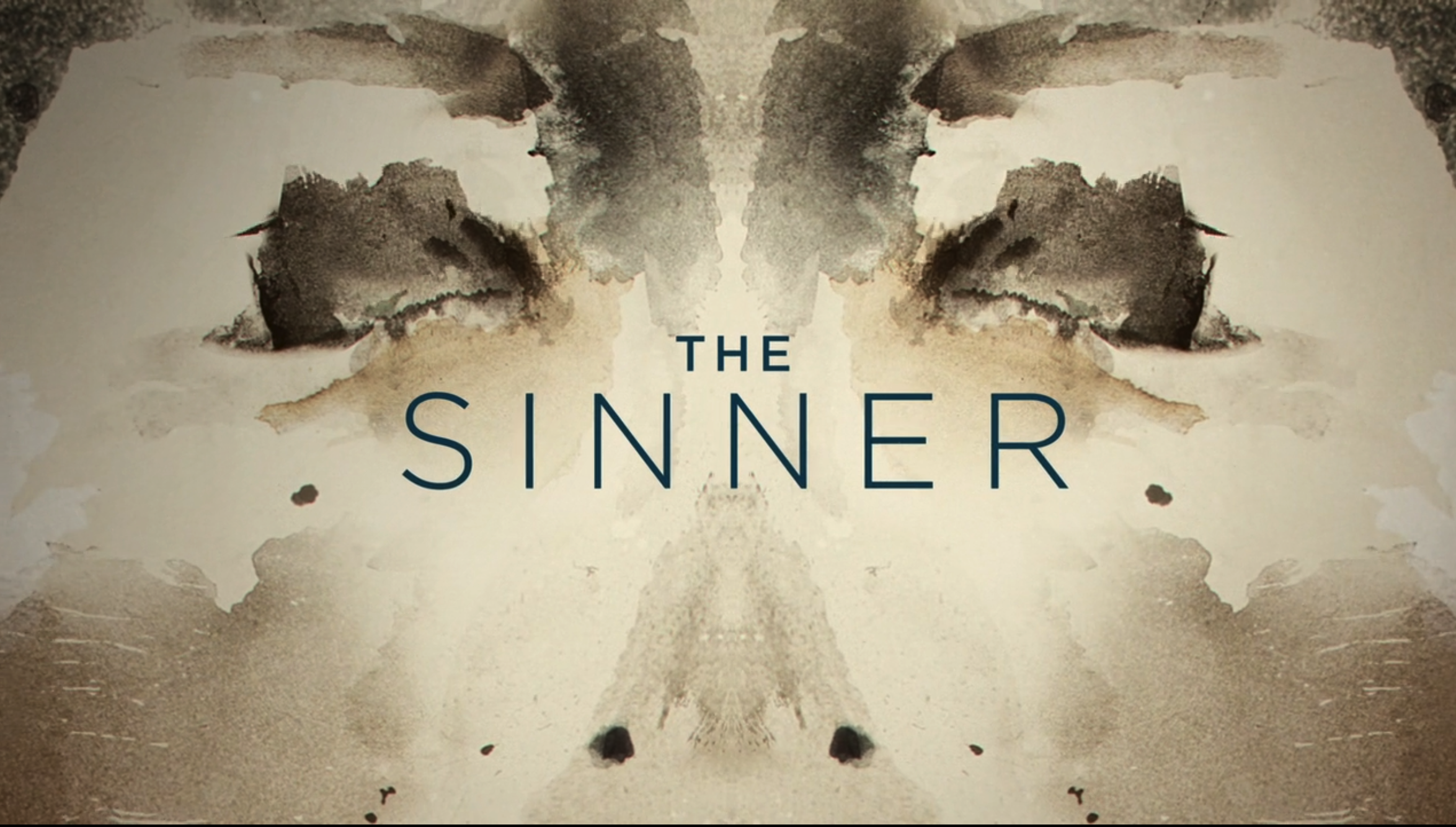
"It's policy." No exceptions. (No sovereignty either.) [Dark/Web] episode 7 (2019)






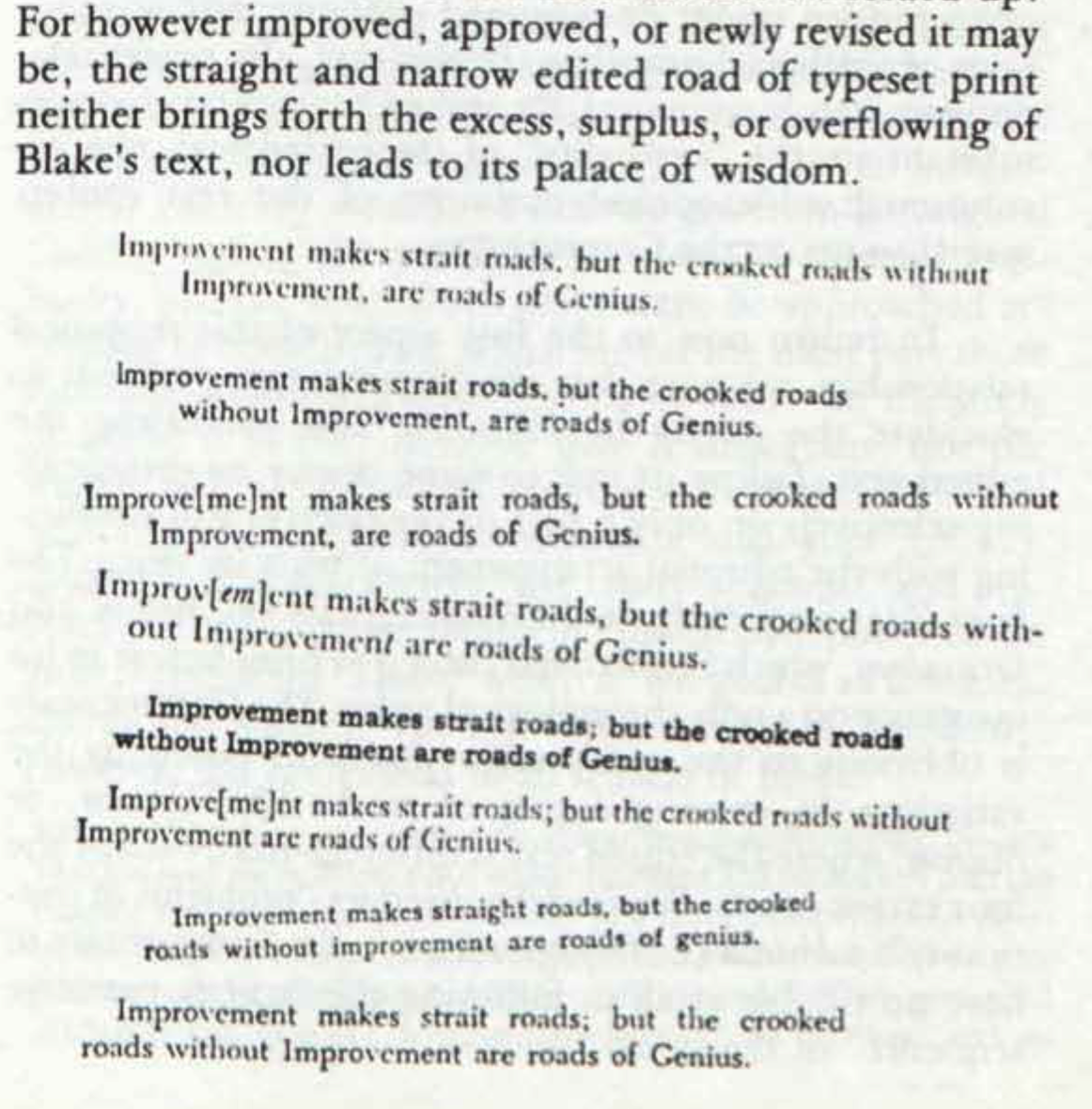
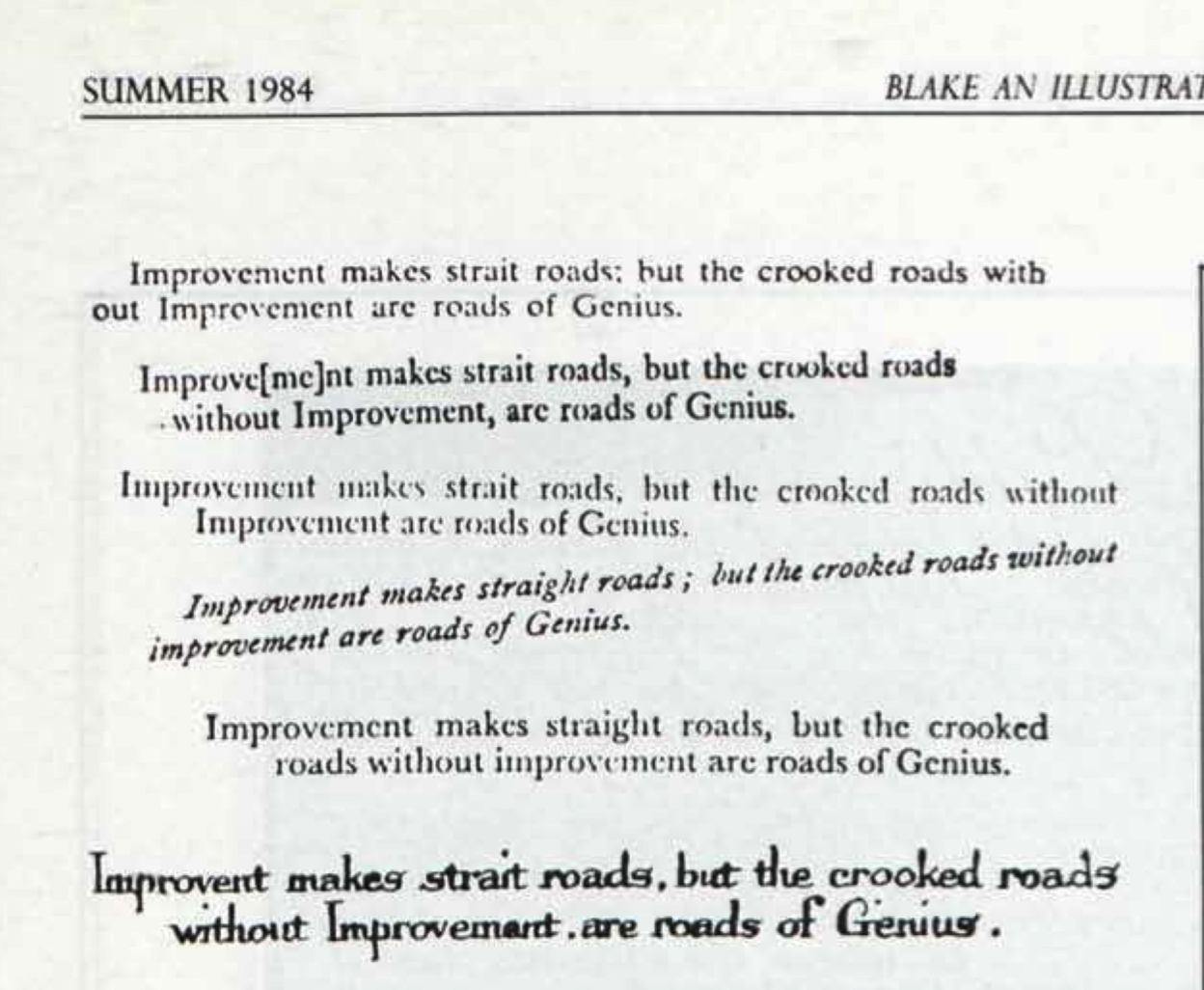
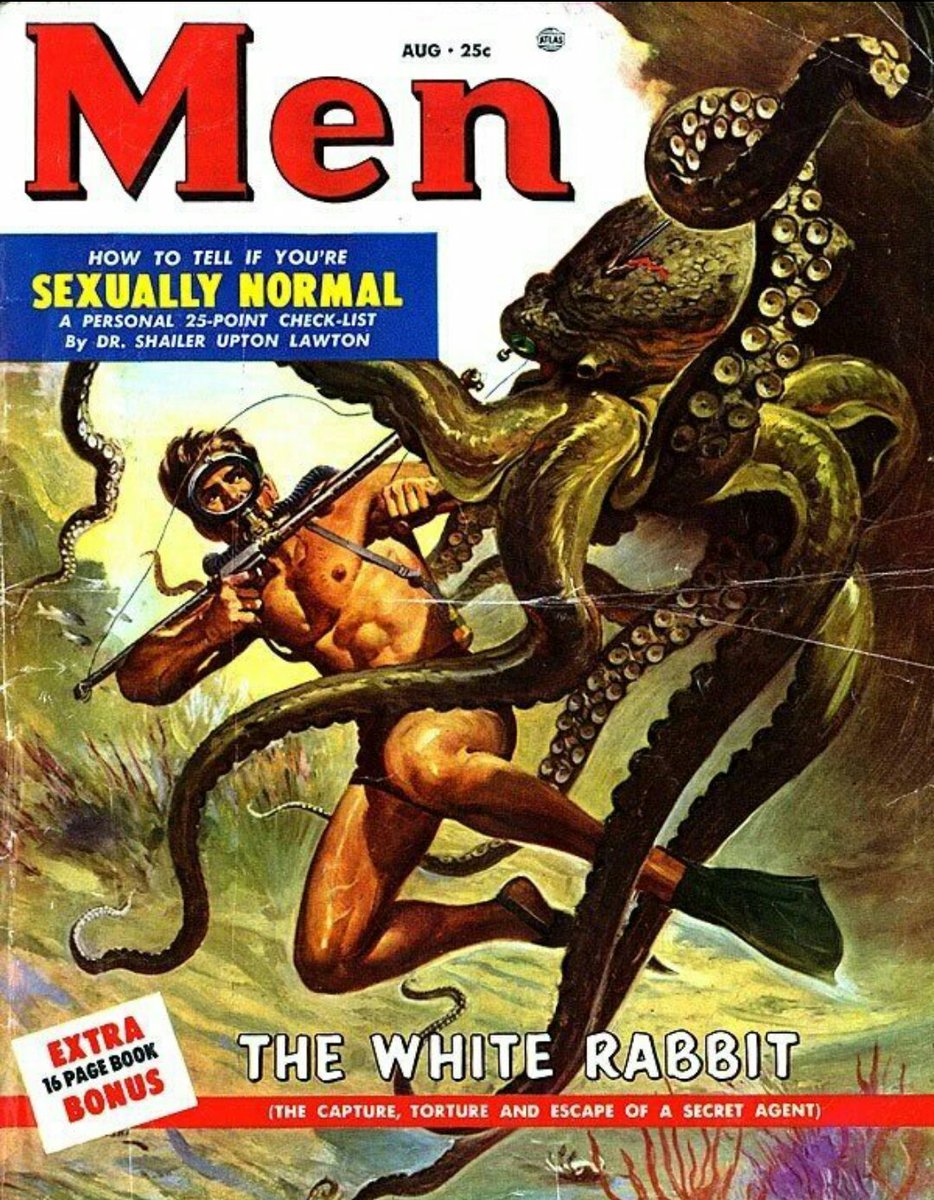










Michael Kiwanuka - Cold Little Heart
Big Little Lies: Season 1 Opening Credits | HBO
Climate Change: what do you want me to say?
Adam Ruins Everything - Why Billionaire Philanthropy is Not So Selfless | truTV
Sandy Hook Promise 'Back-to-School' PSA
Sandy Hook Promise: Gun violence warning signs

Direct Knowledge (Information; myth) vs. Oblique Knowledge ([Deniable] Analogy; Philosophy and Literature)
Kevin Baker, "The Deep State of Dementia" From the September 2019 issue pdf
"First of all, they're all psychopaths."
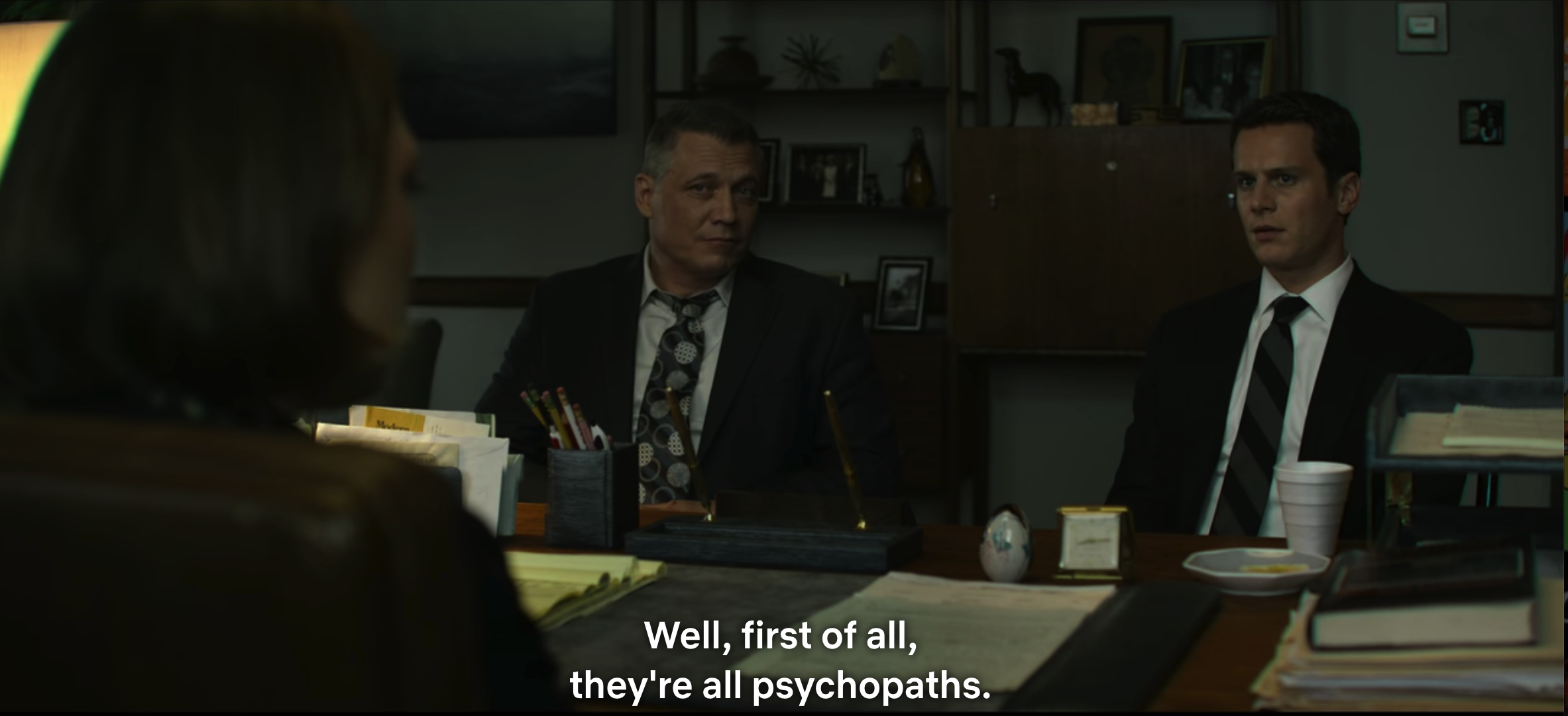




Cardi B: I Became a Stripper to Escape Domestic Violence
Agnotology: Culturally Constructed Ignorance Wins the Day
By Barry Ritholtz
https://www.currentaffairs.org/2016/06/the-unendurable-horrors-of-leadership-camp
"The company eagerly cultivates an academic aura, and the facility is
referred to as its “campus.” The campus bookstore sells dozens of
business books, of the kind ubiquitous in airport newsstands. Typical
selections included The World’s Most Powerful Leadership Principle:
How to Become a Servant Leader (featuring a jacket blurb from the
Senior Vice President of Operations for Chik-fil-a) and Leading with
Soul: An Uncommon Journey of Spirit. Alas, they did not have my
favorite managerial tome of all time, If Harry Potter Ran General
Electric: Leadership Wisdom from the World Of Wizards, which is a
genuine, honest-to-God book that you can look up and purchase."
Please don't be hard on your grad student teachers:
Why adjunct professors are struggling to make ends meet
Btw, don't even think of going to graduate school to get a Ph.D in English--or any other kind of--literature.
ANDREW KAY," Academe's Extinction Event: Failure, Whiskey,
and Professional Collapse at the MLA," May 10, 2019
Back in the MLA
Stephen Marche, a survivor of academia, returns to a troubled field
Dan Cohen, "The Books of College Libraries Are Turning Into Wallpaper: University libraries around the world are seeing precipitous declines in the use of the books on their shelves" The Atlantic May 2019
What is a "strong woman?" Who is a "strong woman?" A corporate oligarch funded by Wall Street and former prosecutor? Or a combat veteran funded by individual donors?
Check these out:
Kamala Harris Was Not a ‘Progressive Prosecutor' Lara Bazelon, NY Times, January 17 2019
Former DNC vice chair: Democratic primary was 'rigged' for Clinton
Tulsi Gabbard Calls Assange’s Arrest A Blow To Transparency And Free Press
Morning Joe Attacks Tulsi For Opposing War (Time Stamp 3:30)
Tulsi Gabbard challenges Kamala Harris record as a prosecutor | full exchange
Harris dismisses Gabbard attack: I'm a top-tier candidate, she's at 0 or 1 percent
Watch Tulsi Gabbard's interview with Anderson Cooper
Tulsi Gabbard: Kamala Harris 'didn't give any answers'
Gabbard to MSNBC Host: These Are Talking Points Kamala Harris And Her Campaign Are Feeding You
Some "strong women" = mean girls? Tulsi Gabbard Takes On Kamala | The View
Tulsi Gabbard Says Kamala Harris' Jab Was 'Pathetic' and 'Cheap Smear' | TMZ
Mueller Testimony
https://www.youtube.com/watch?v=-EbrfiAxjY0
https://www.youtube.com/watch?v=Y6CYXdspaBY
https://www.youtube.com/watch?v=OfFtq8C_1_4
LP - Lost On You [Official Video]
Judith Herman, Healing the Incest Wound

Heirich von Kleist, "On the Gradual Production of Thoughts Whilst Speaking"
STEAM, not STEM (The "A" stands for "Arts," as in Liberal Arts.)
If Students Are Smart, They’ll Major in What They Love
How to Think Like Shakespeare
Free Movies Streaming Online at UF Kanopy
Criterion Films on Hulu Plus
Missing UF Faculty (mostly from English)
Thinking of Going to Law School?
Feminists clash over strip club industry – as dancers protest to save jobs
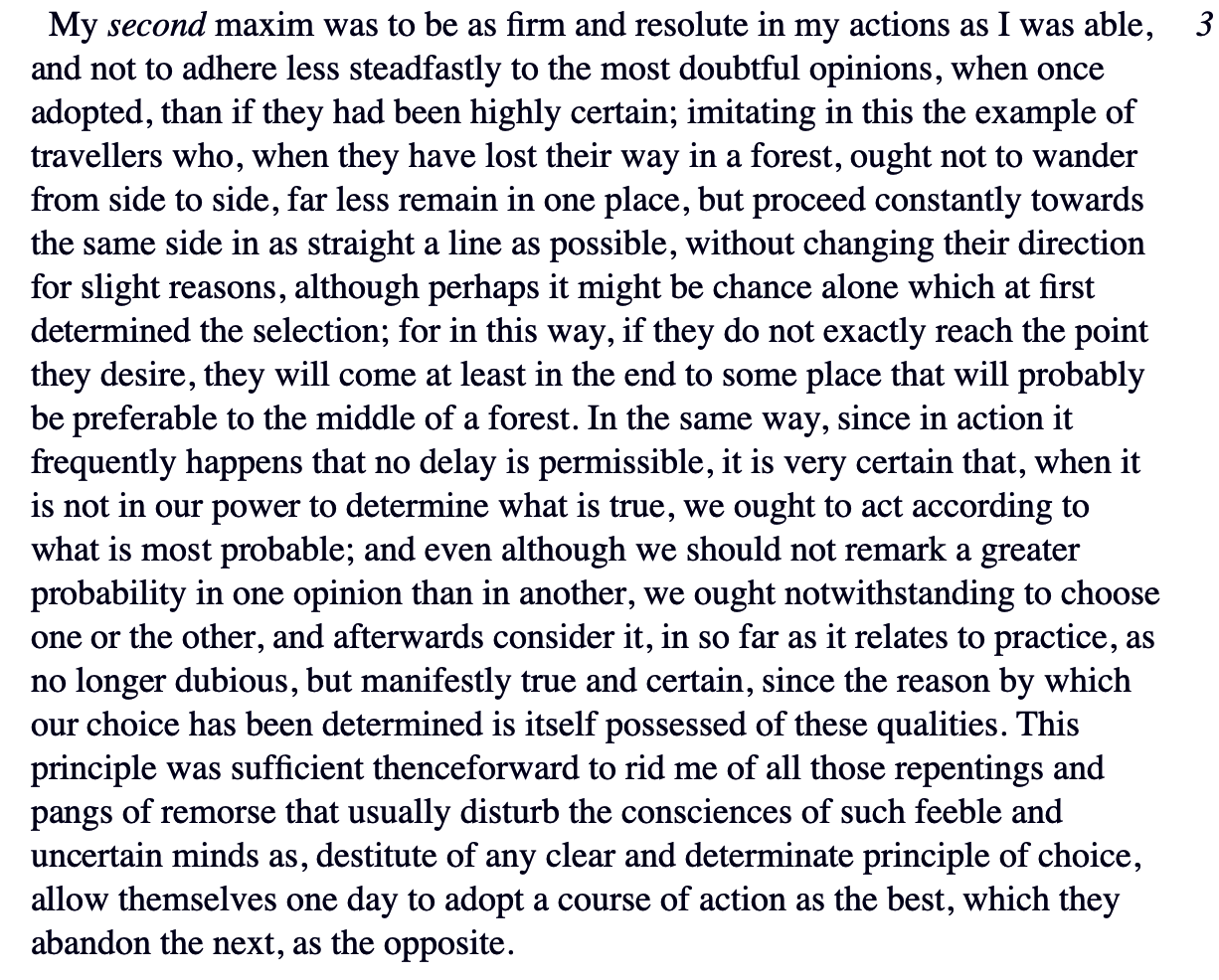
Rene Descartes, Part Three of Discourse on the Method
Student Co-Leaders:
When you prepare to co-lead, send the final draft of your notes to me via google docs at least twenty-hours before class begins.
Fables of School Reform
Hamlet, In Our Time Melvyn Bragg and guests discuss the inspiration for Shakespeare's Hamlet, the play's context and meaning, and why it has fascinated audiences from its first performance.
The Best Years Of Our Lives 1946 music and image
domed bookshelf

Gadaj?ce g?owy/Talking Heads (1980)
William Wordsworth, THE PRELUDE
BOOK TWELFTH
IMAGINATION AND TASTE, HOW IMPAIRED AND RESTORED
There are in our existence spots of time,
That with distinct pre-eminence retain
A renovating virtue, whence--depressed 210
By false opinion and contentious thought,
Or aught of heavier or more deadly weight,
In trivial occupations, and the round
Of ordinary intercourse--our minds
Are nourished and invisibly repaired;
A virtue, by which pleasure is enhanced,
That penetrates, enables us to mount,
When high, more high, and lifts us up when fallen.
I remember well,
That once, while yet my inexperienced hand
Could scarcely hold a bridle, with proud hopes
I mounted, and we journeyed towards the hills:
An ancient servant of my father's house
Was with me, my encourager and guide: 230
We had not travelled long, ere some mischance
Disjoined me from my comrade; and, through fear
Dismounting, down the rough and stony moor
I led my horse, and, stumbling on, at length
Came to a bottom, where in former times
A murderer had been hung in iron chains.
The gibbet-mast had mouldered down, the bones
And iron case were gone; but on the turf,
Hard by, soon after that fell deed was wrought,
Some unknown hand had carved the murderer's name. 240
The monumental letters were inscribed
In times long past; but still, from year to year
By superstition of the neighbourhood,
The grass is cleared away, and to this hour
The characters are fresh and visible:
A casual glance had shown them, and I fled,
Faltering and faint, and ignorant of the road:
Then, reascending the bare common, saw
A naked pool that lay beneath the hills,
The beacon on the summit, and, more near, 250
A girl, who bore a pitcher on her head,
And seemed with difficult steps to force her way
Against the blowing wind.
Claudio Arrau Beethoven Piano Sonata No. 32
Mitsuko Uchida Masterclass Comparing Beethoven N.4 in G Major and Mozart’s K. 503
Satie Vexations Complete non-stop performance ( 9.41 hours ) by Nicolas Horvath
Erik Satie - Tapisserie en fer forgé
Alain Badiou, The True Life
SENIORS FOR STUDENTS, Richard Burt, President
Nietzsche, Friedrich. 1872 Anti-Education Harper's Magazine
Alexandre Kojeve, "Chapter 2 Summary of the First Six Chapters of the Phenomenology of Spirit" in Introduction to the Reading of Hegel
At Berkeley (dir. Frederick Wiseman, 2013)
Philosopher Ray Monk: why I went vegan
‘If we cut out meat and dairy, we would all live longer, healthier, happier lives’
Left Behind America 9/11/2018
Jeff Bezos’s “Montessori, Inc.” Sets Up the Ed-Tech Takeover of Pre-K
Exercise and Depression
"When you exercise, your body releases chemicals called endorphins. These endorphins interact with the receptors in your brain that reduce your perception of pain."
This Is What It’s Like to Be a Teacher in America (2018)
Close Listening
5 Minutes That Will Make You Love Classical Music
"Teach us to care and not to care"
Ash-Wednesday
by T S Eliot
Stewart Lee on UKIP
Larry David Curb Your Enthusiasm (2017) | HBO

“Won’t You Be My Neighbor” (2018)
Look for the Helpers. --Fred Rogers
Songs which begin before they begin
The snare drum. The Letter Boxtops
Avalon Roxy Music
Peter Gabriel In Your Eyes
John McGlaughlin in Bitches Brew
The Who - The Kids Are Alright
austerity fails.mp4
Theodo Adorno,
Philip Roth, "Writing About Jews" (DEC, 1963)
U.S. Banks Are Terrified of Chinese Payment Apps

Theodor Adorno, " Behind the Mirror" in Minima Moralia: Reflections on a Damaged Life
To understand how I have designed and planned this course, please be sure to look at
PK Feyerabend, Against Method: Outline of an Anarchistic Theory of Knowledge (1975)
Hans-Jörg Rheinberger, "Scrips and Scribbles," MLN, Vol. 118, No. 3, German Issue (Apr., 2003), pp. 622-636.
John Law, After Method: Mess in Social Science Research Routledge, 2004
Consider everything I say as parts of the contents of a time capsule from long ago that has yet to be opened, much kess indexed and archived.
Katha Pollitt, "Roe Isn’t Going Down Without a Fight," May 2019
Commencement Speeches From Out Of Touch Celebrities 2019
Dr Van der Kolk, The Body Keeps the Score: Brain, Mind, and Body in the Healing of Trauma

Judith Herman, Trauma and Recovery: The Aftermath of Violence--from Domestic Abuse to Political Terror
Academic Time circa 2000: Dr. Judith Lewis Herman, Professor of Clinical Psychiatry at Harvard ... joins UC Berkeley's Harry Kreisler
Not a very good take:
The Americanization of Popular Culture Should Terrify Us All
A very good take:
Why Netflix and Amazon Algorithms Are Destroying the Movies

Hillary Clinton Says the ‘Future is Female’
vs.
Sorry to Bother You (dir. Boots Riley, 2018)
"The Future is Female Ejaculation" (It is against the law in Australia.)

“America has always been at its best when America has acted as one America”





















































































